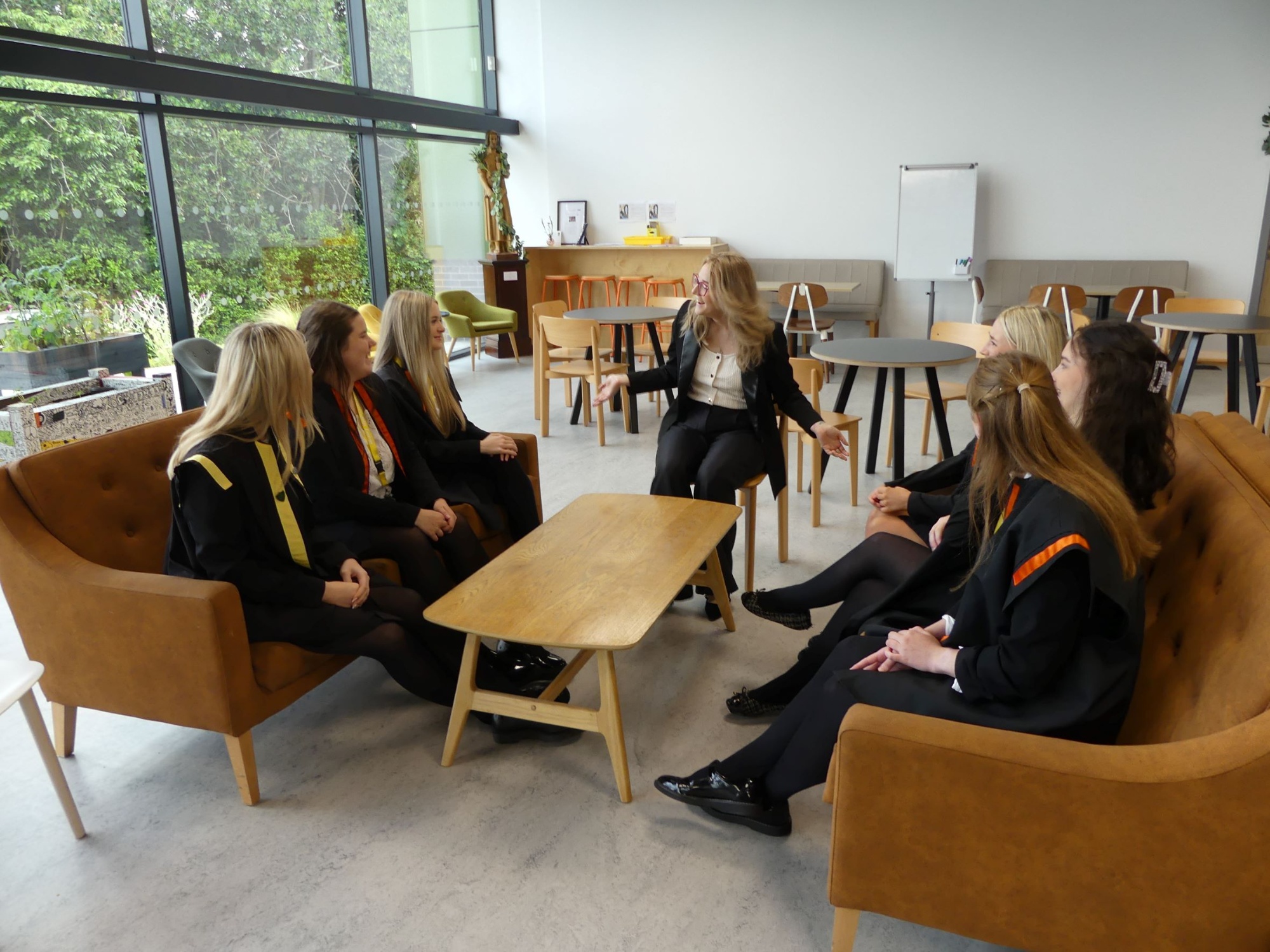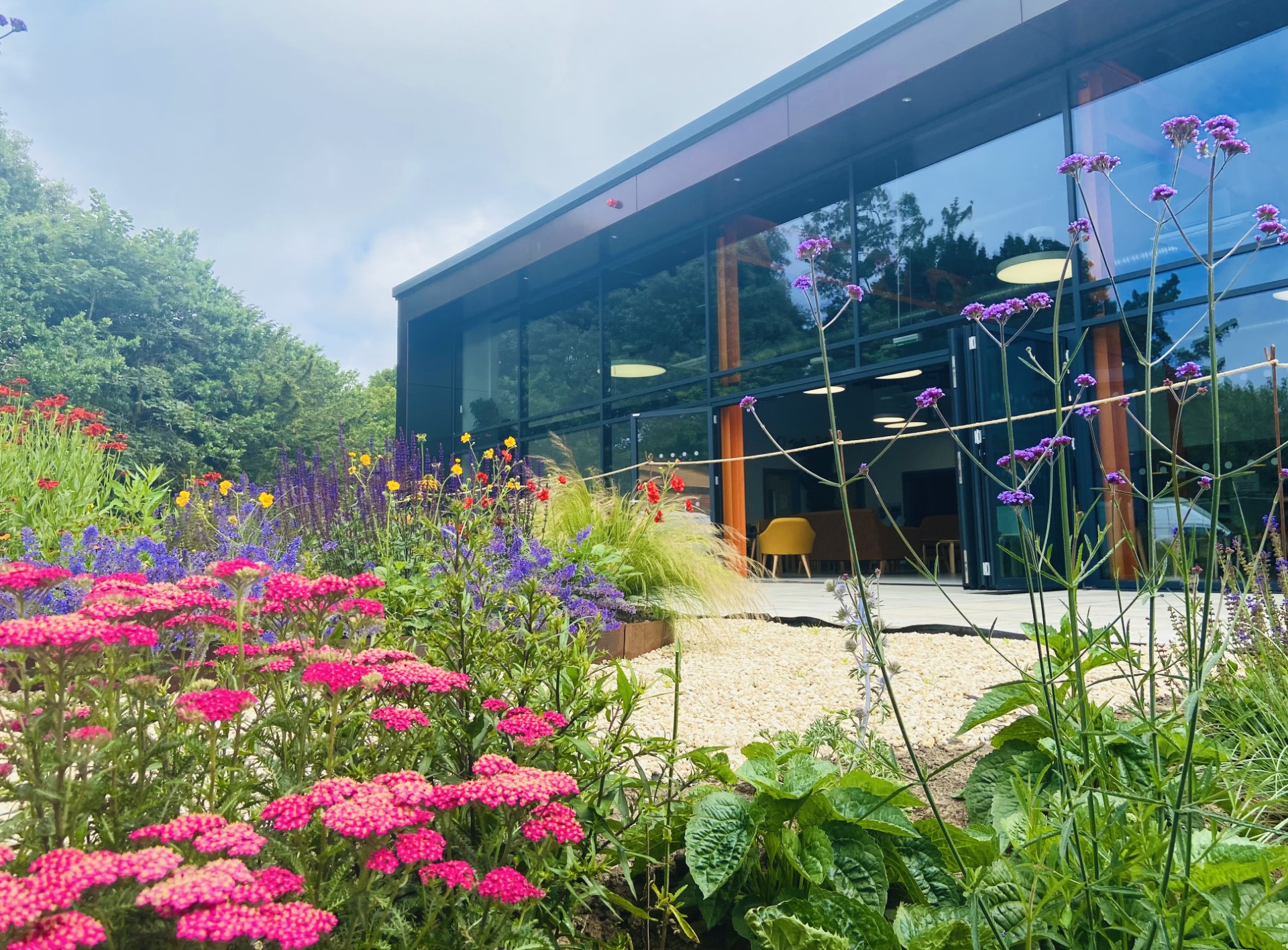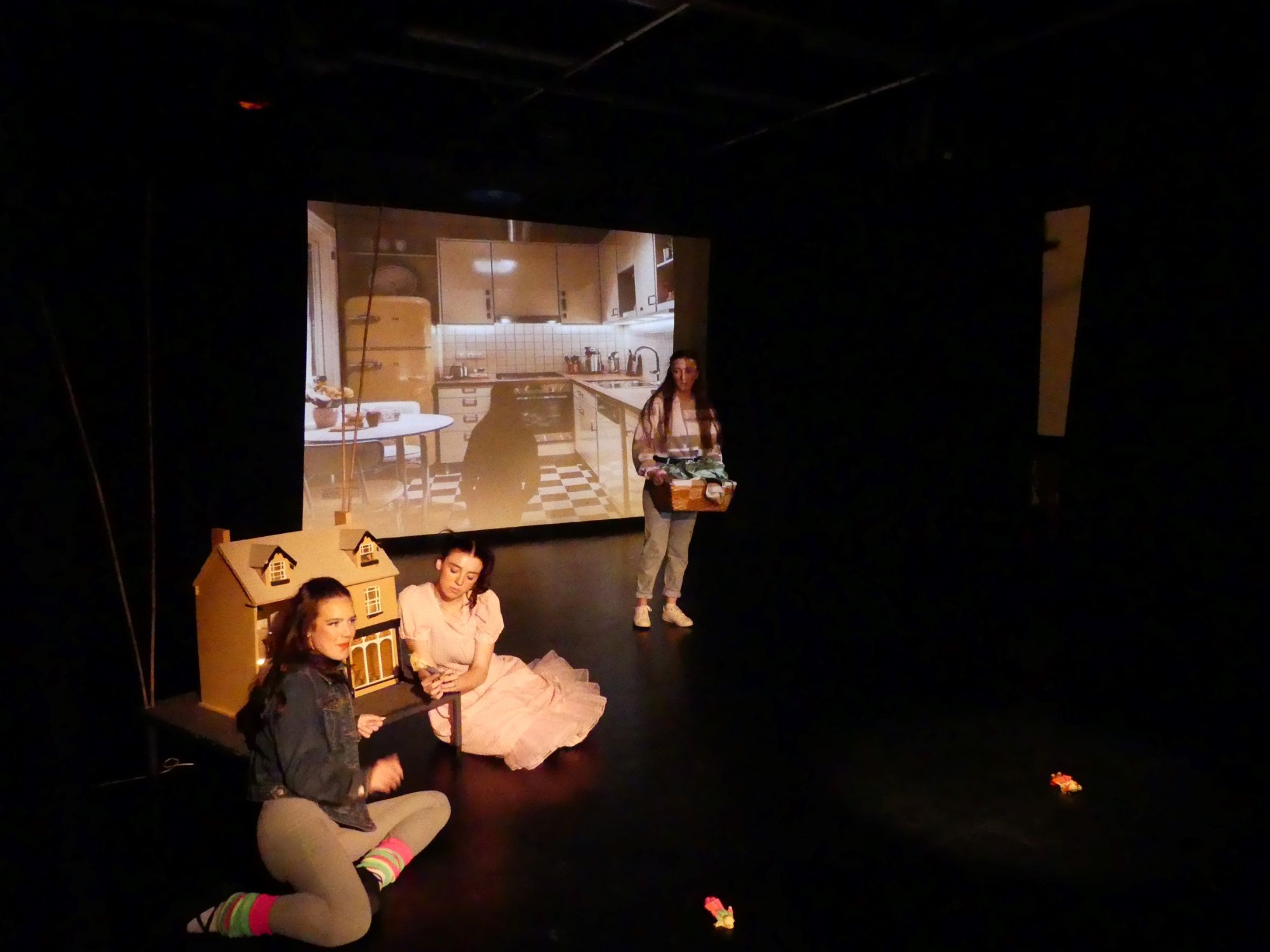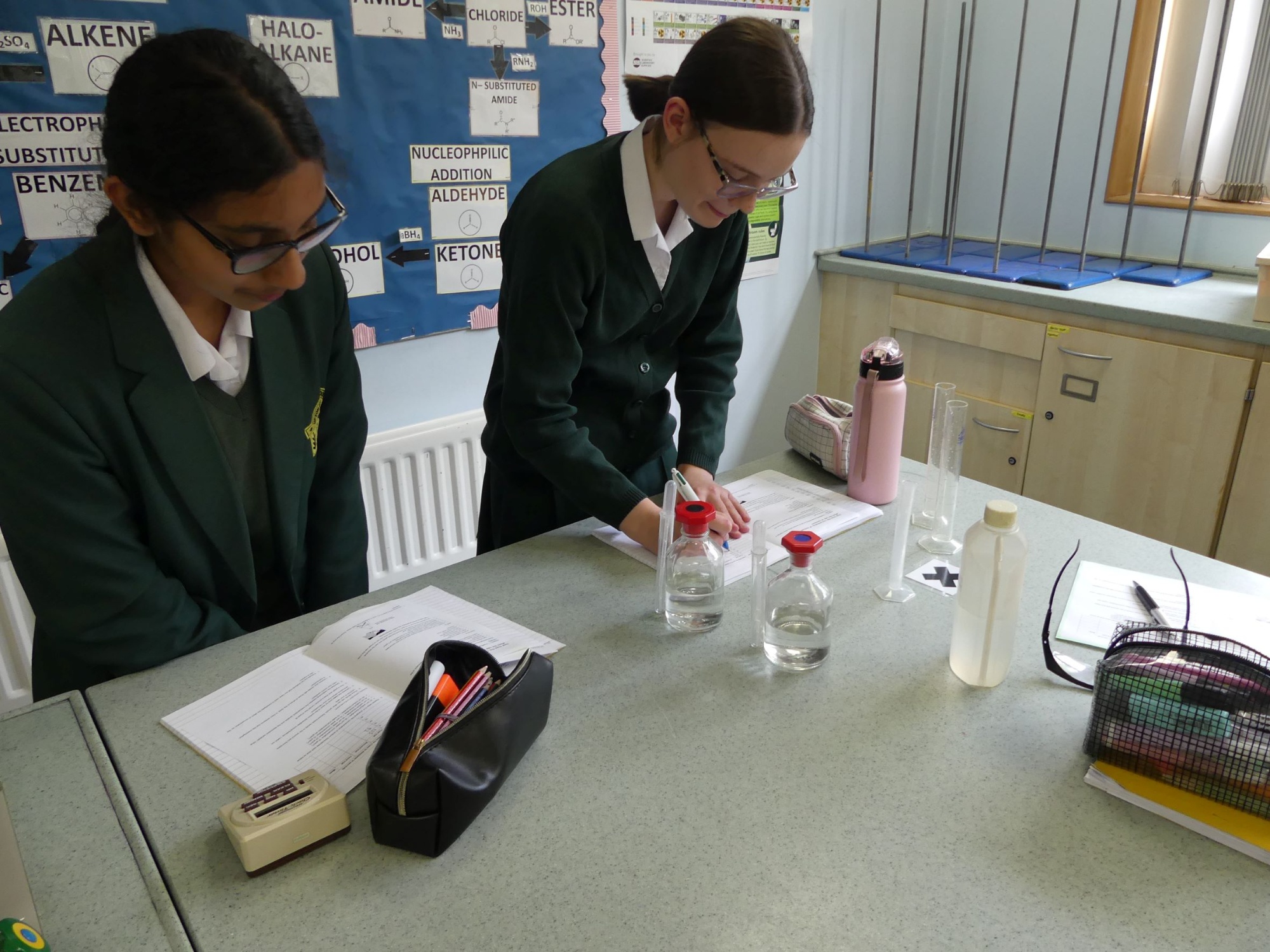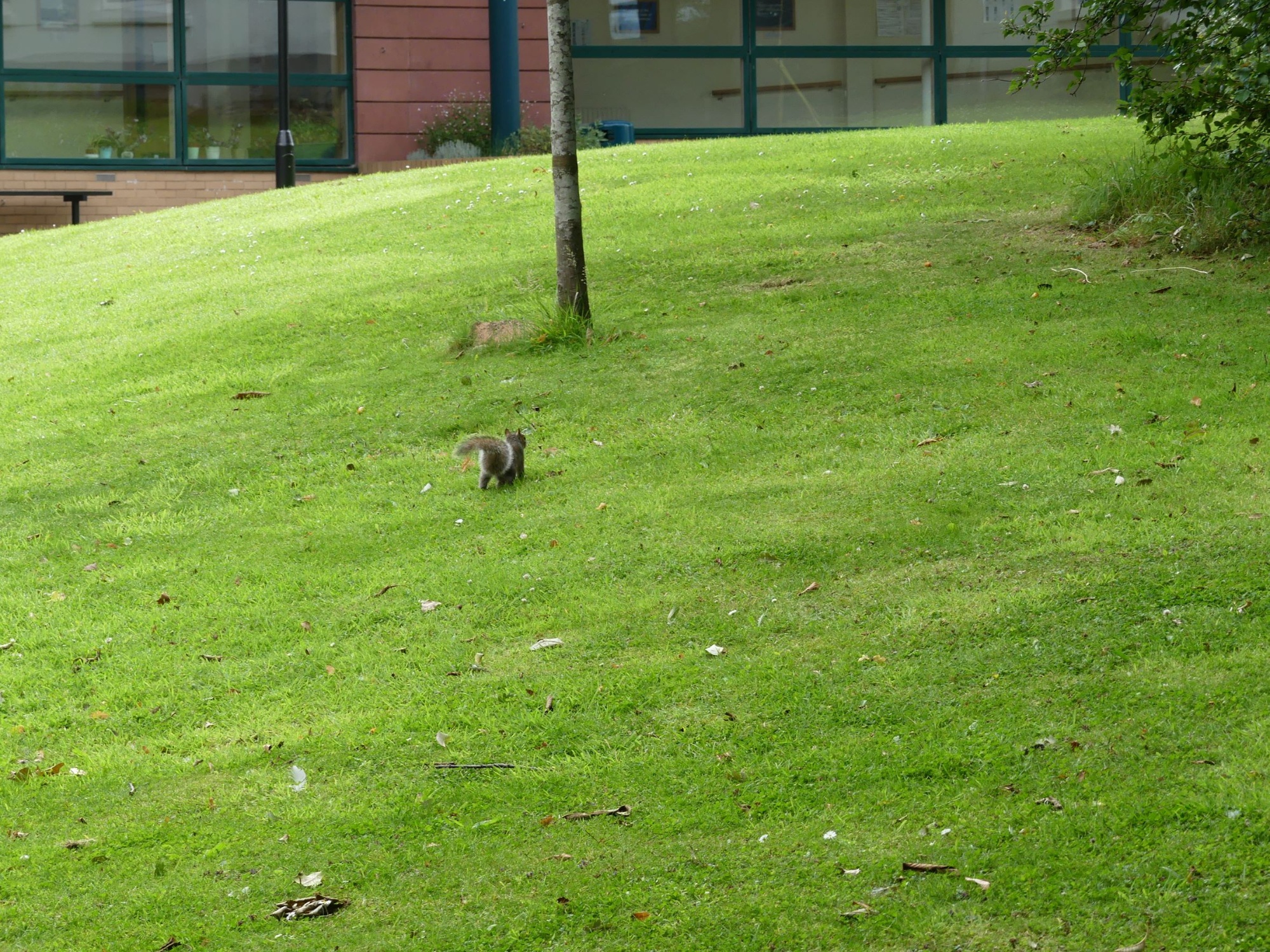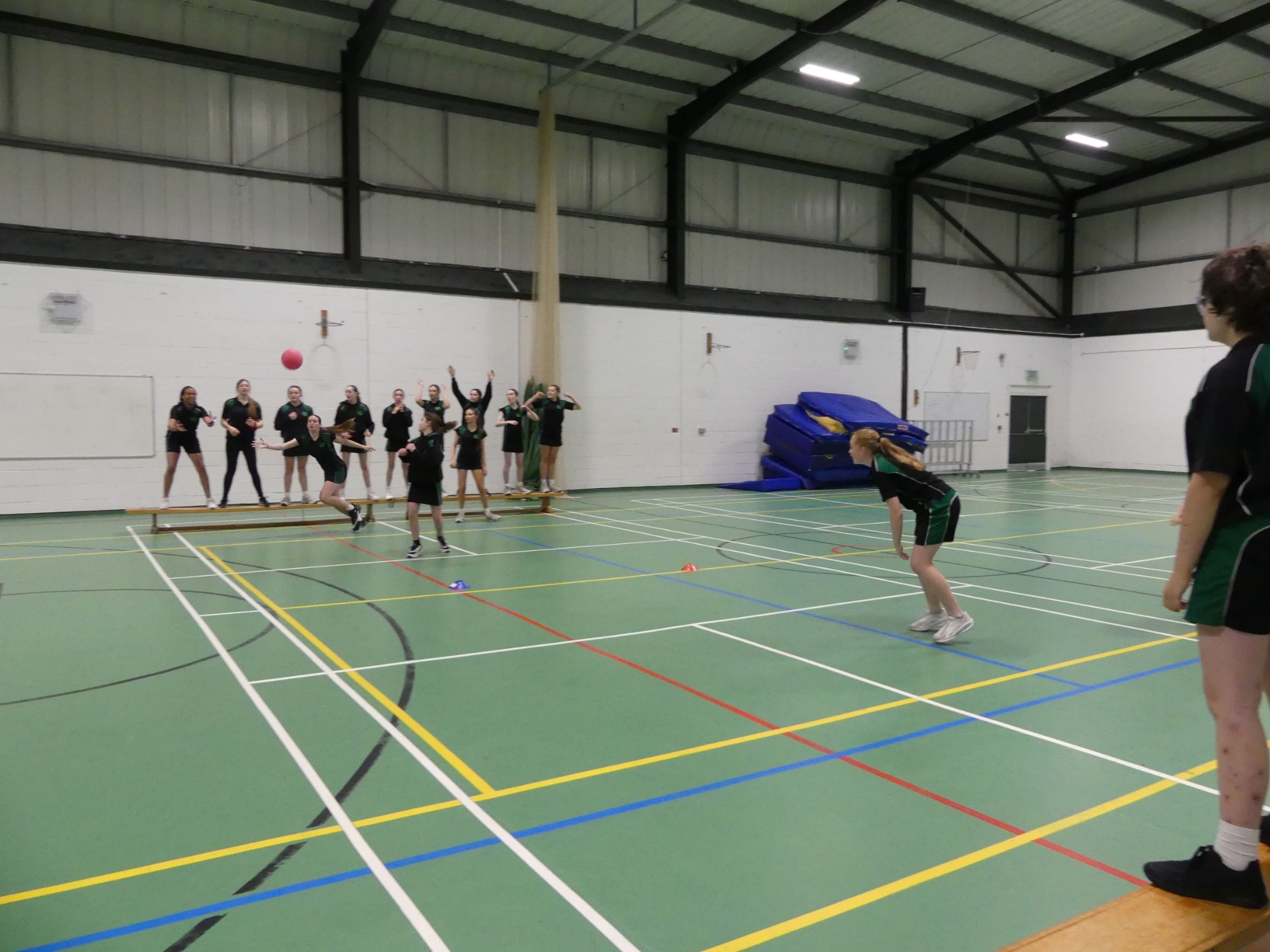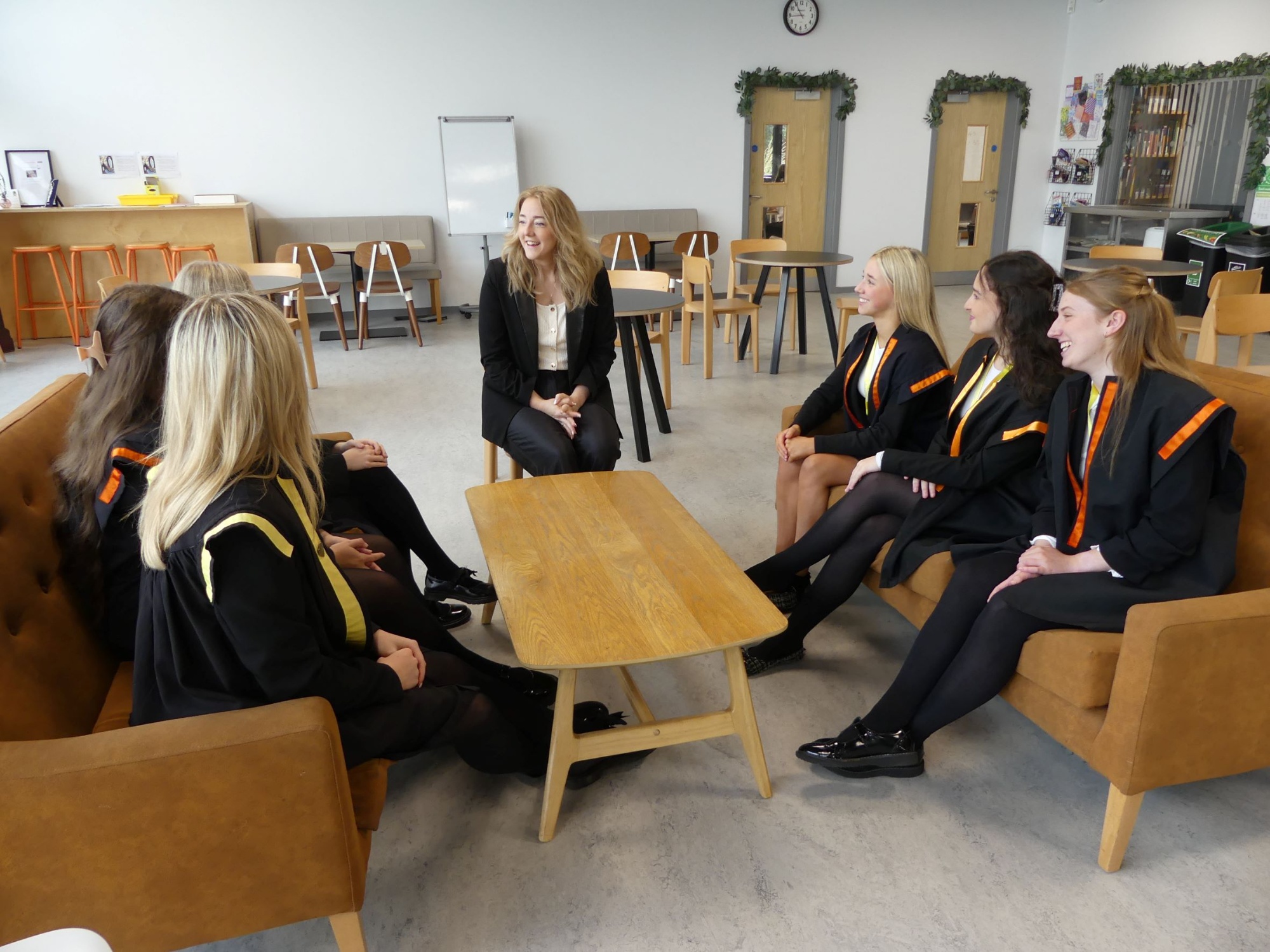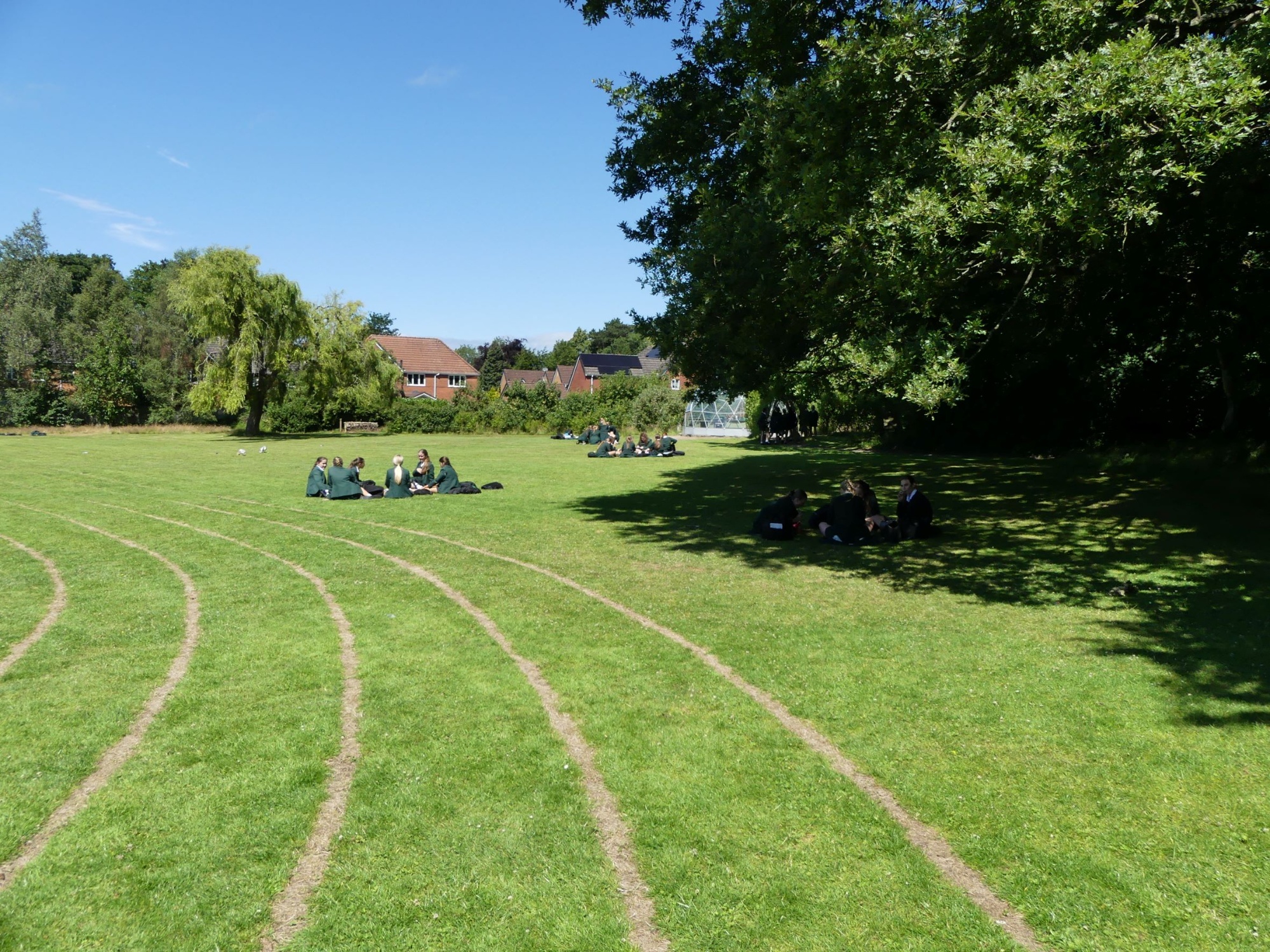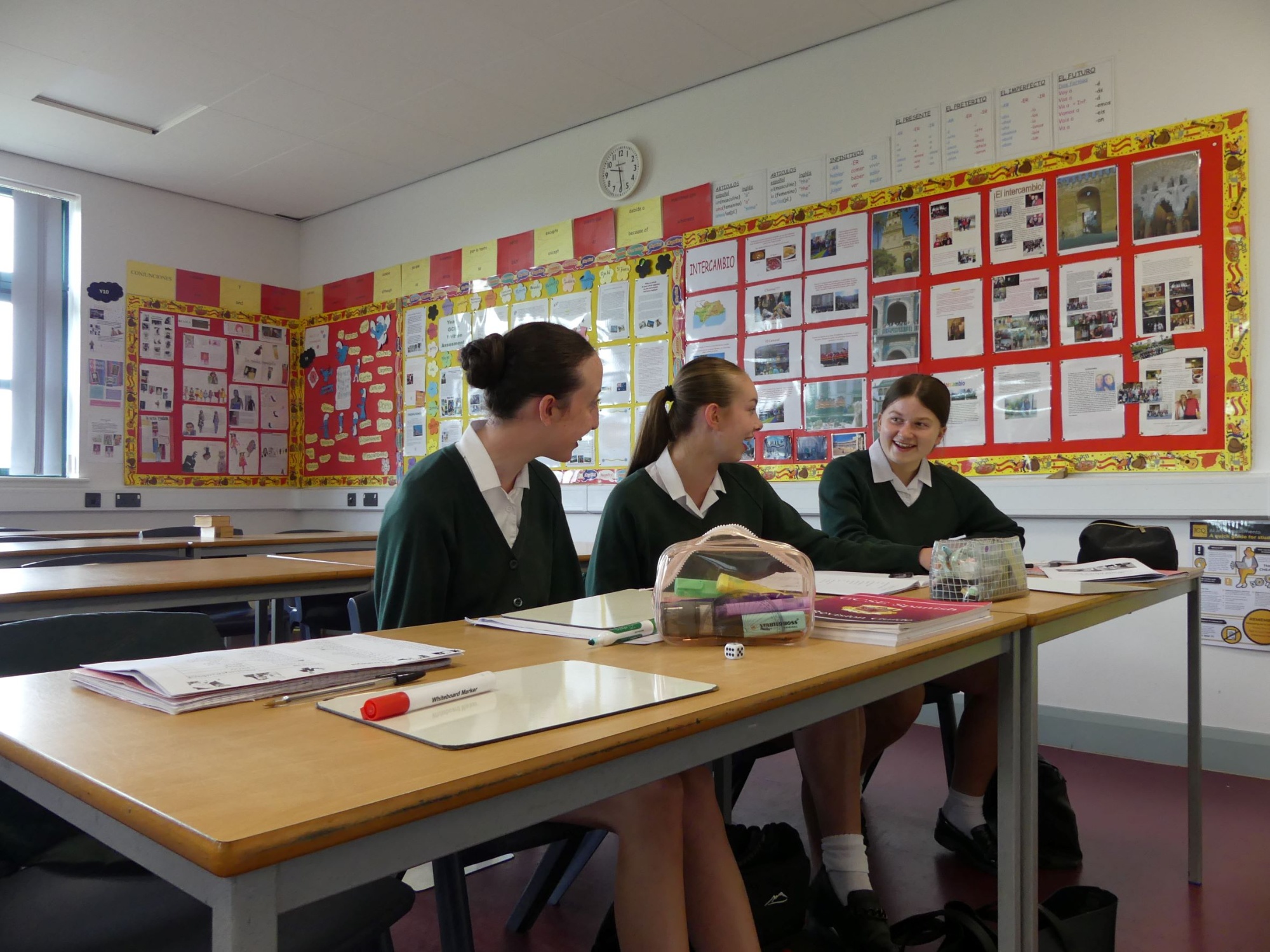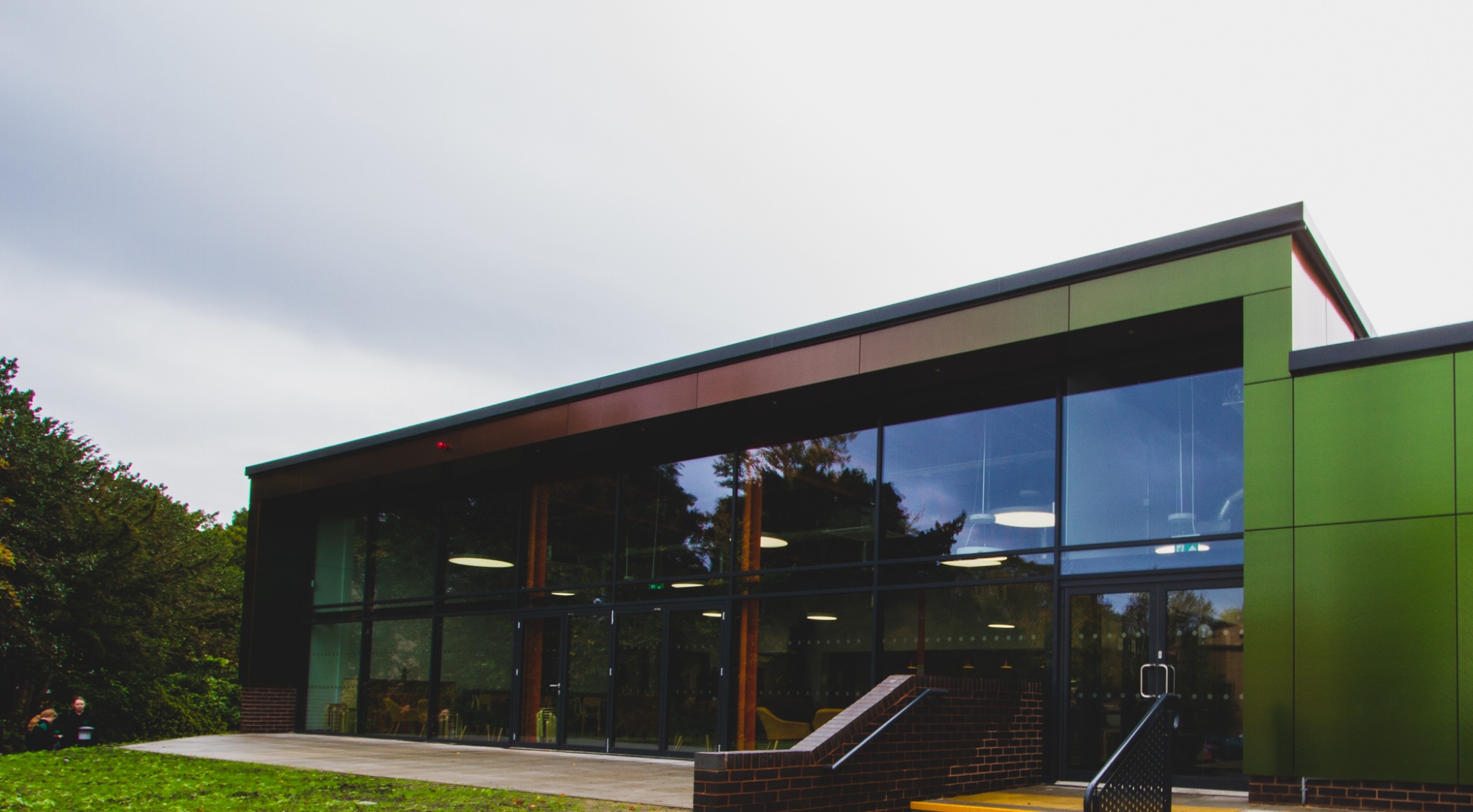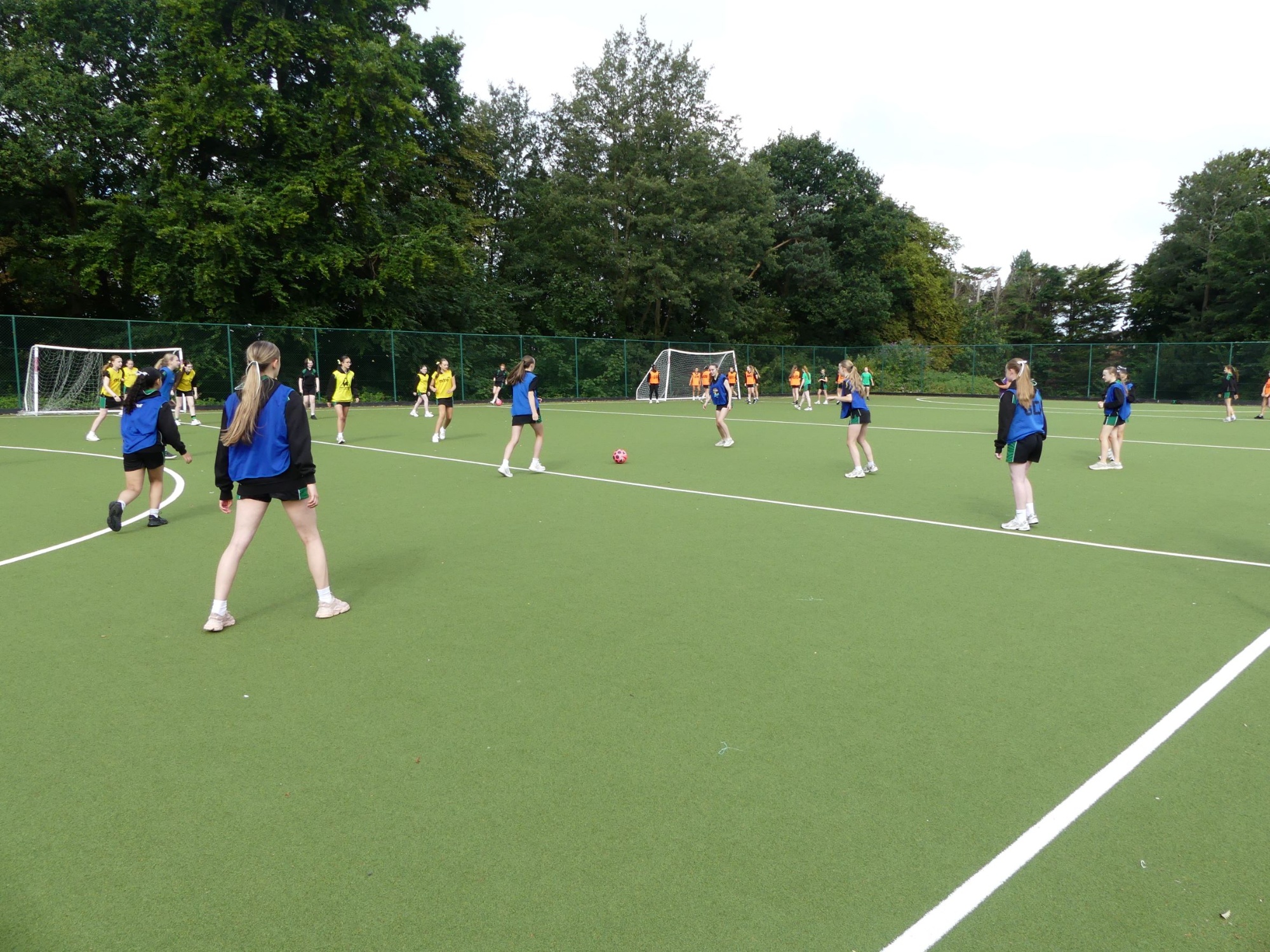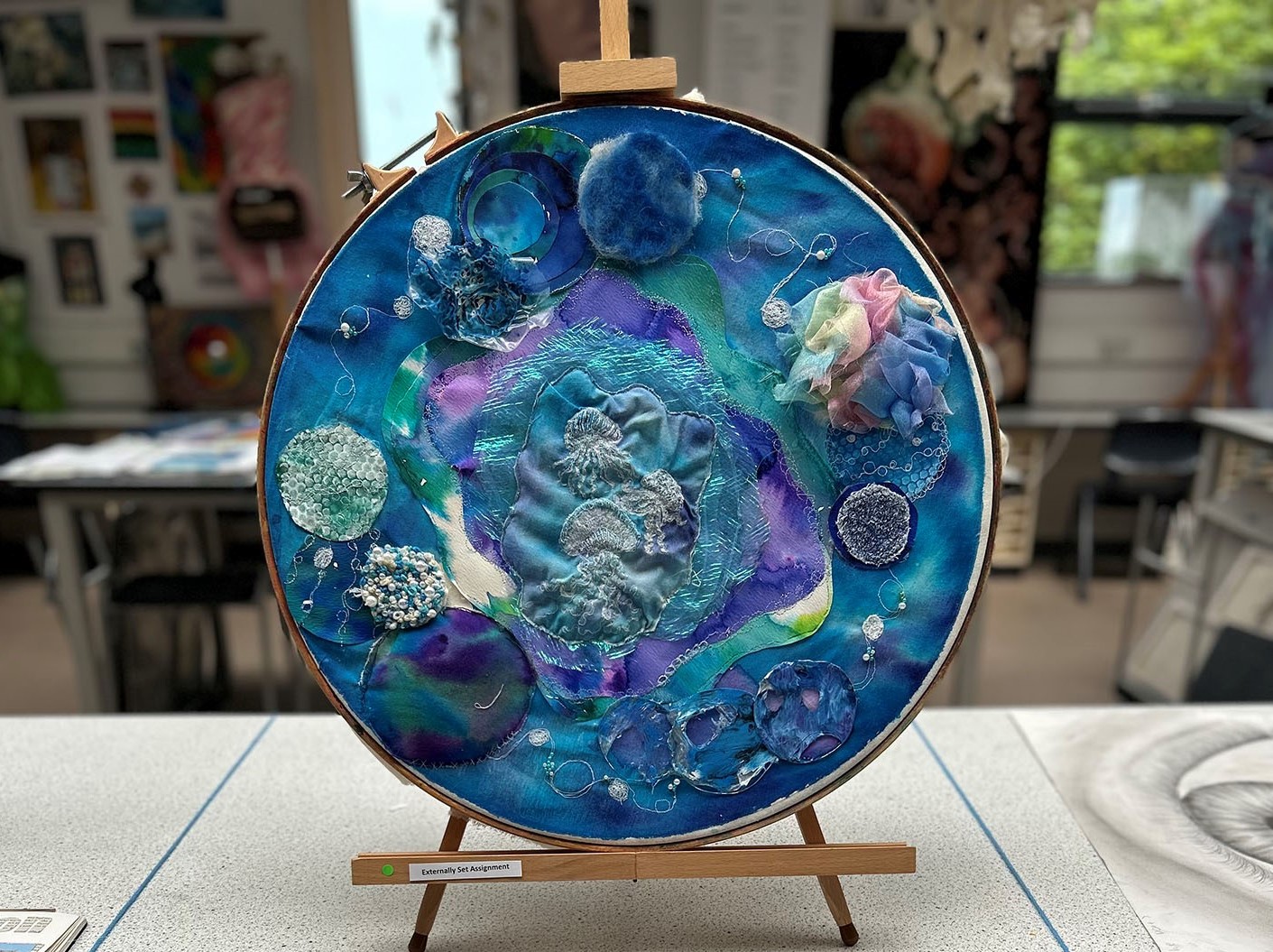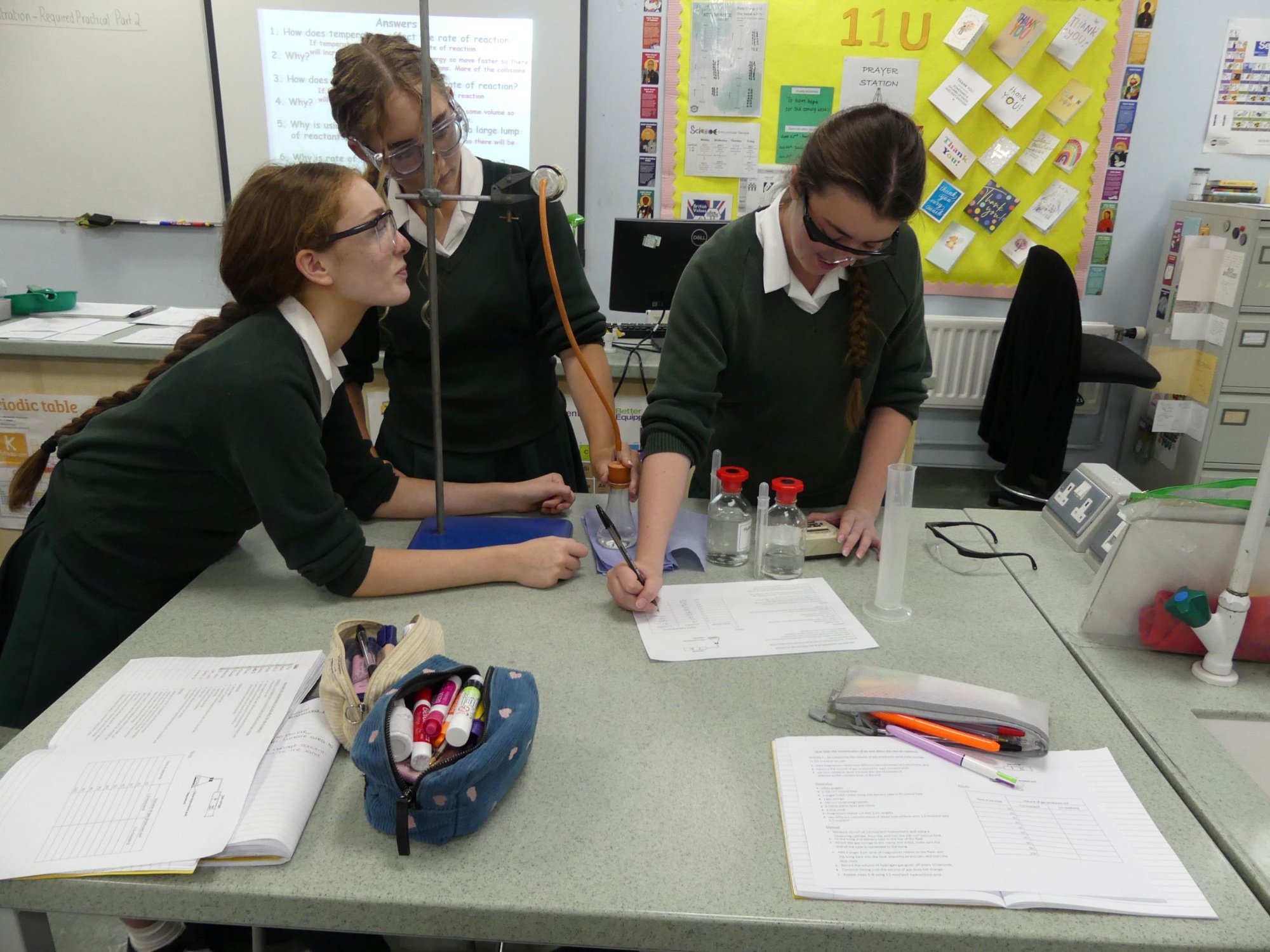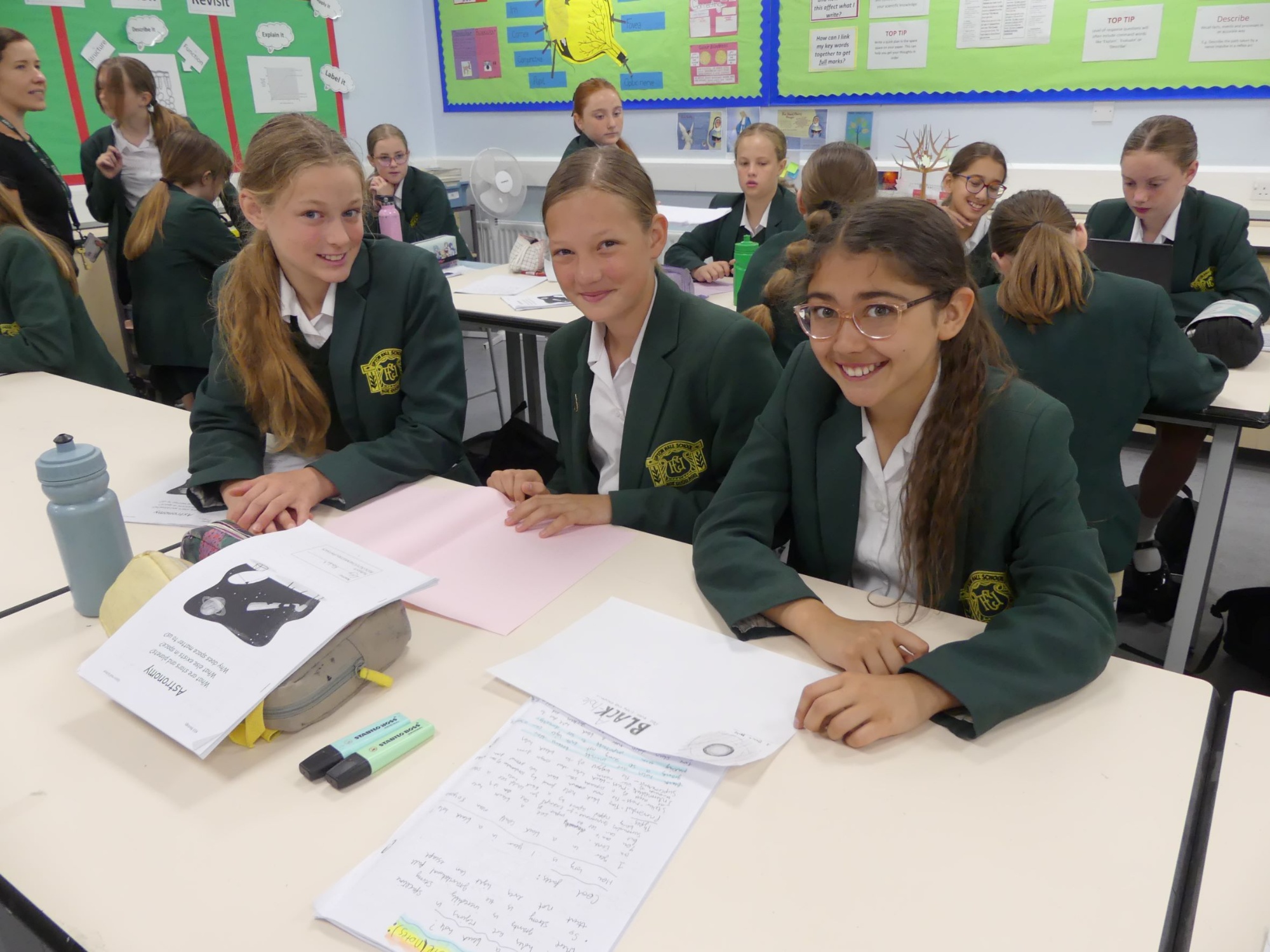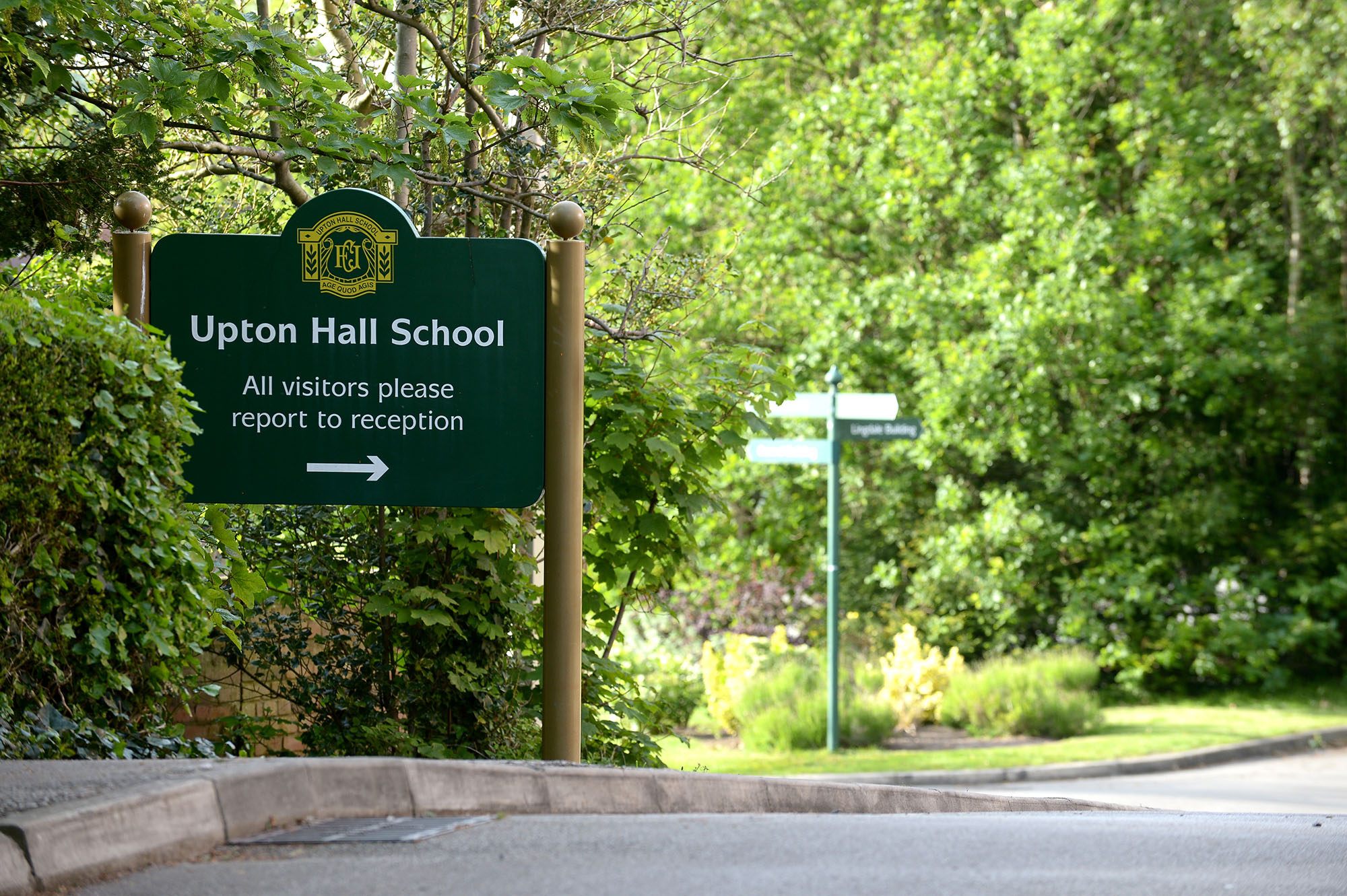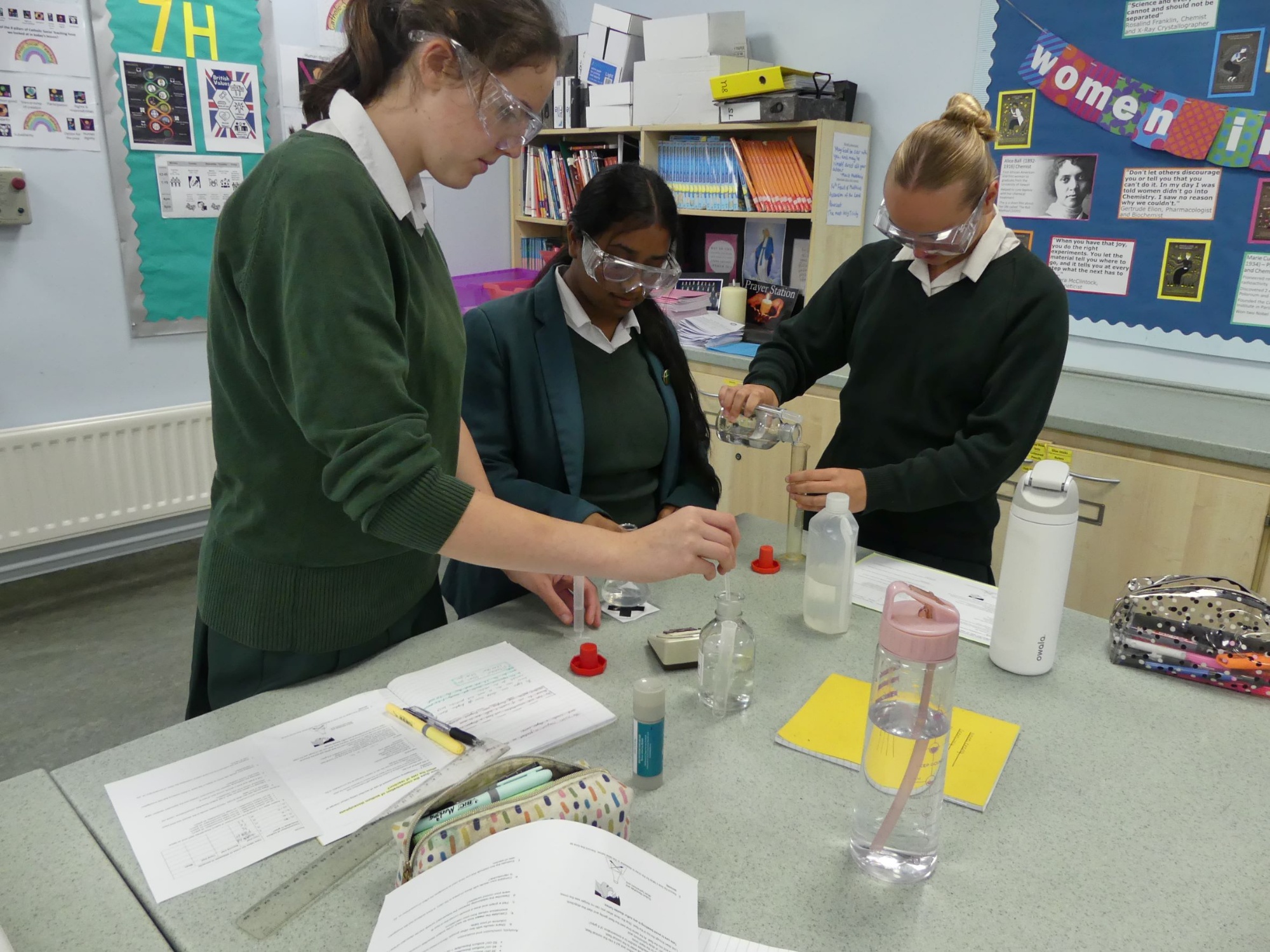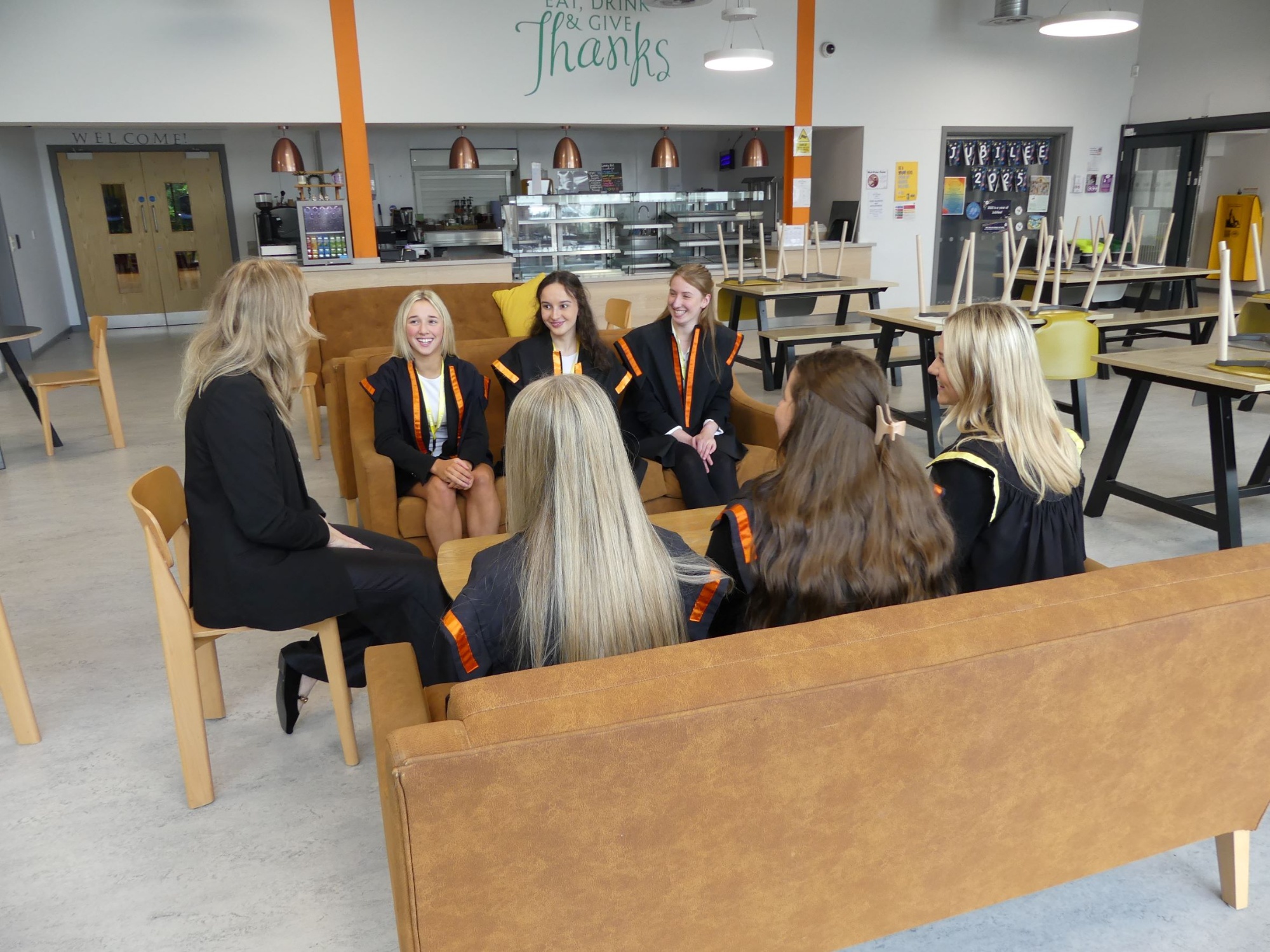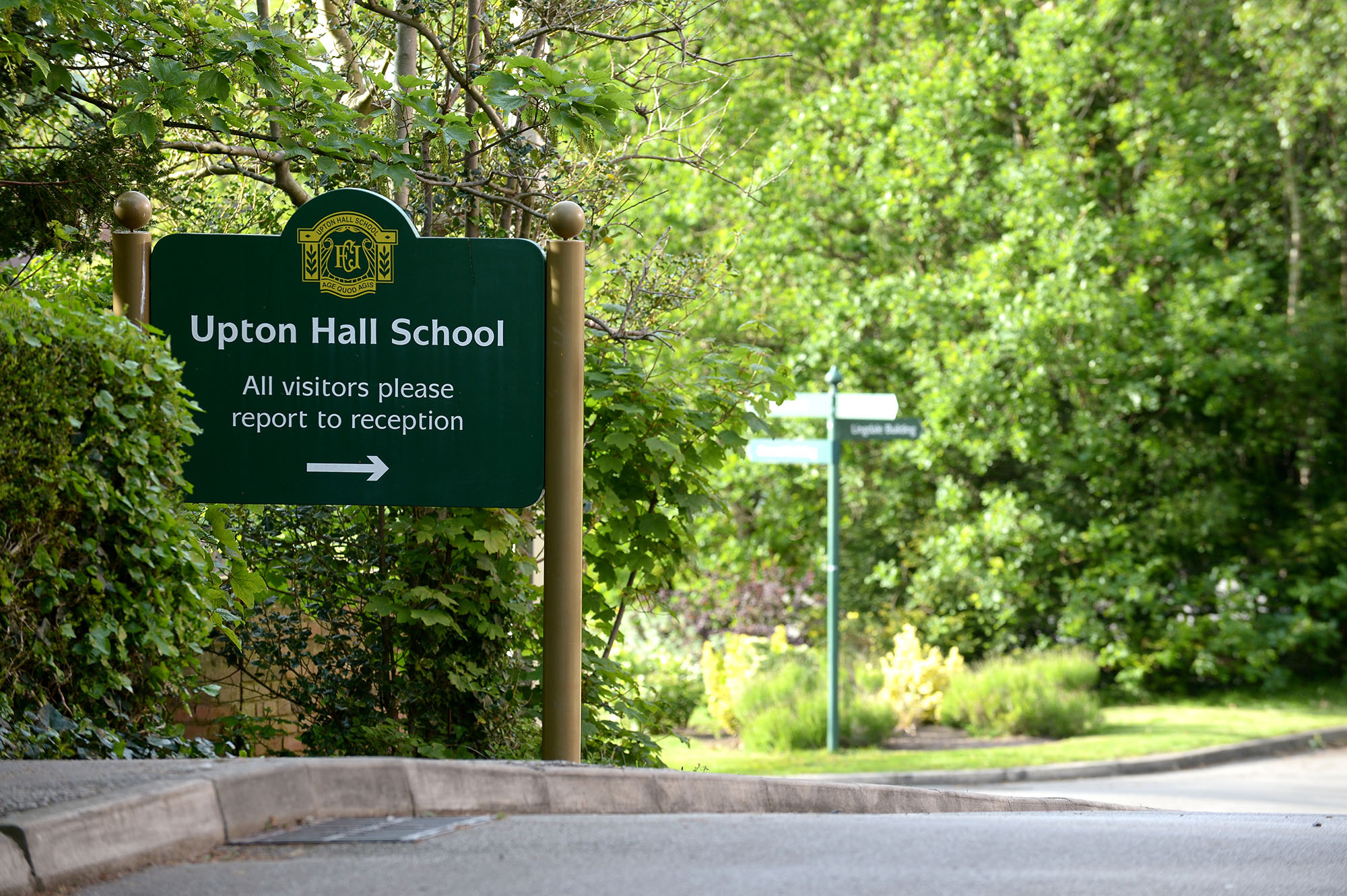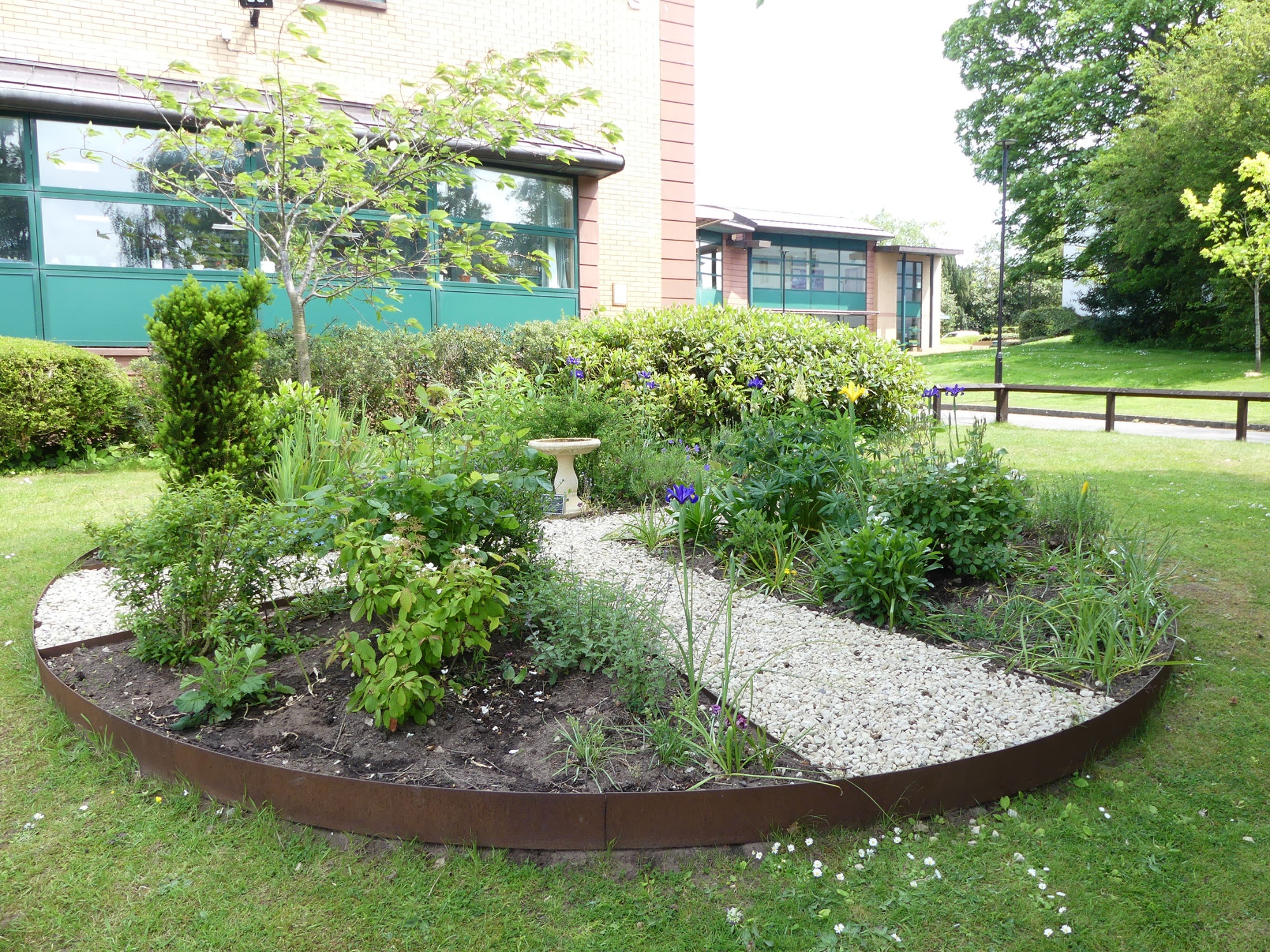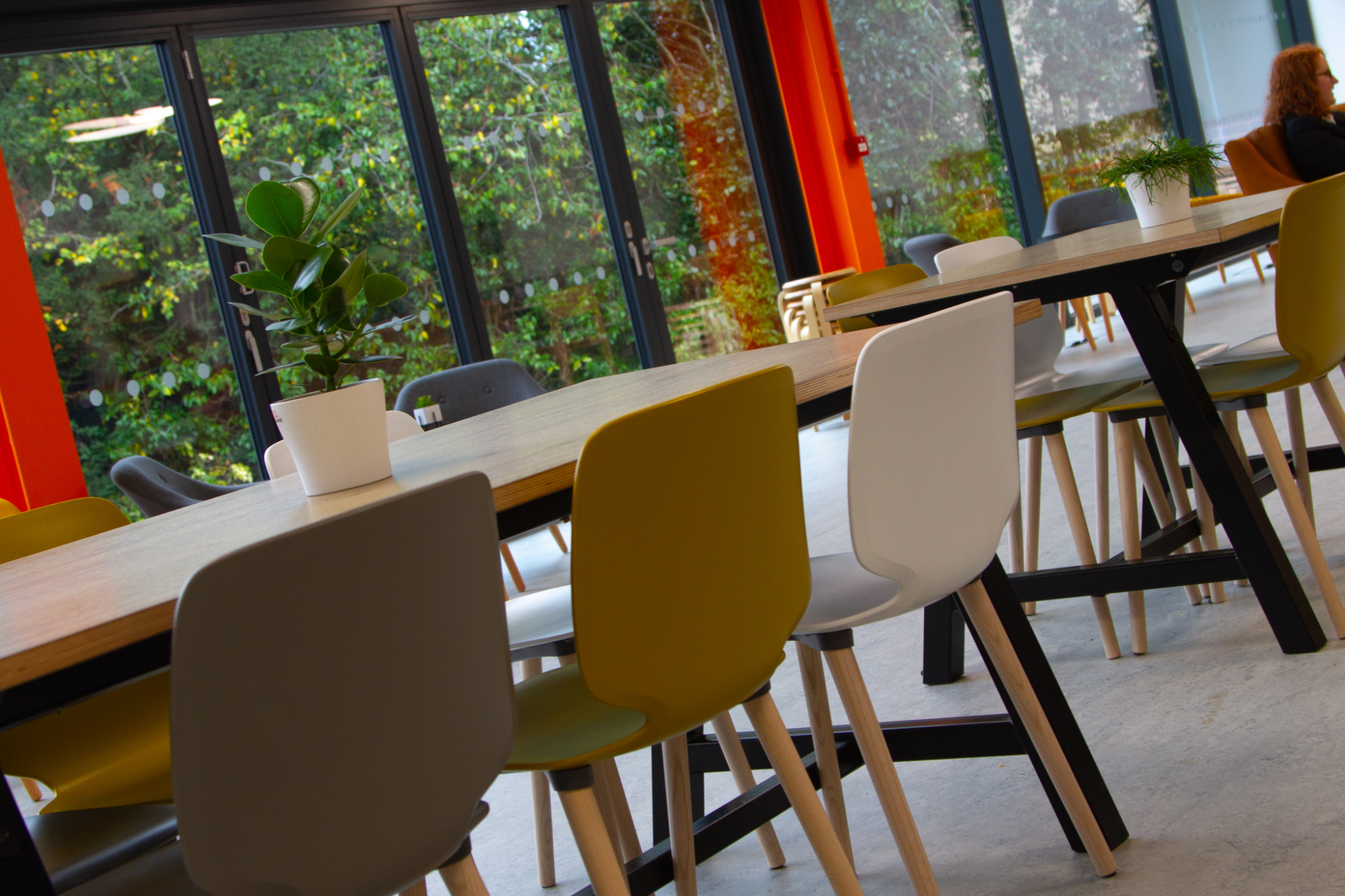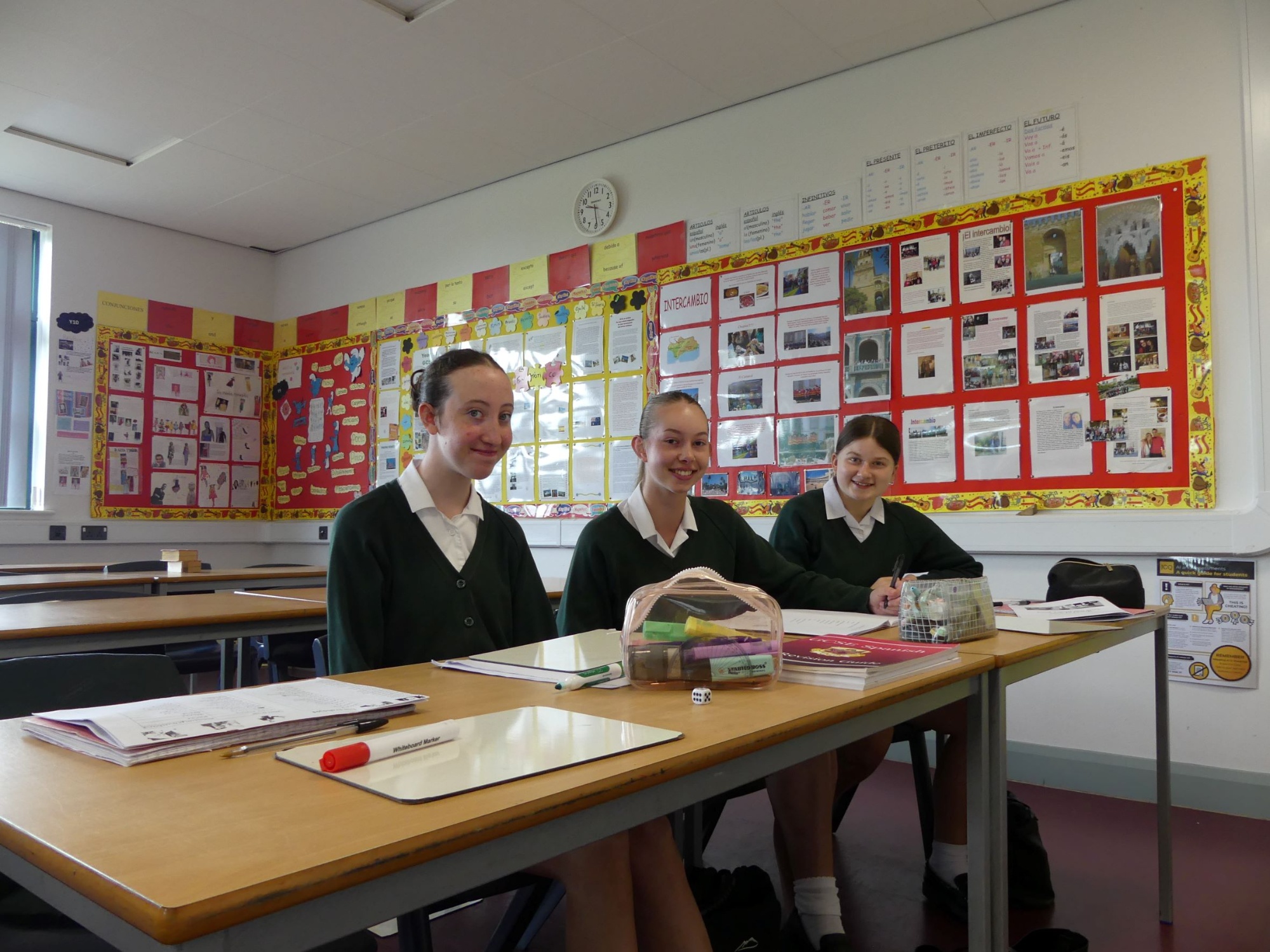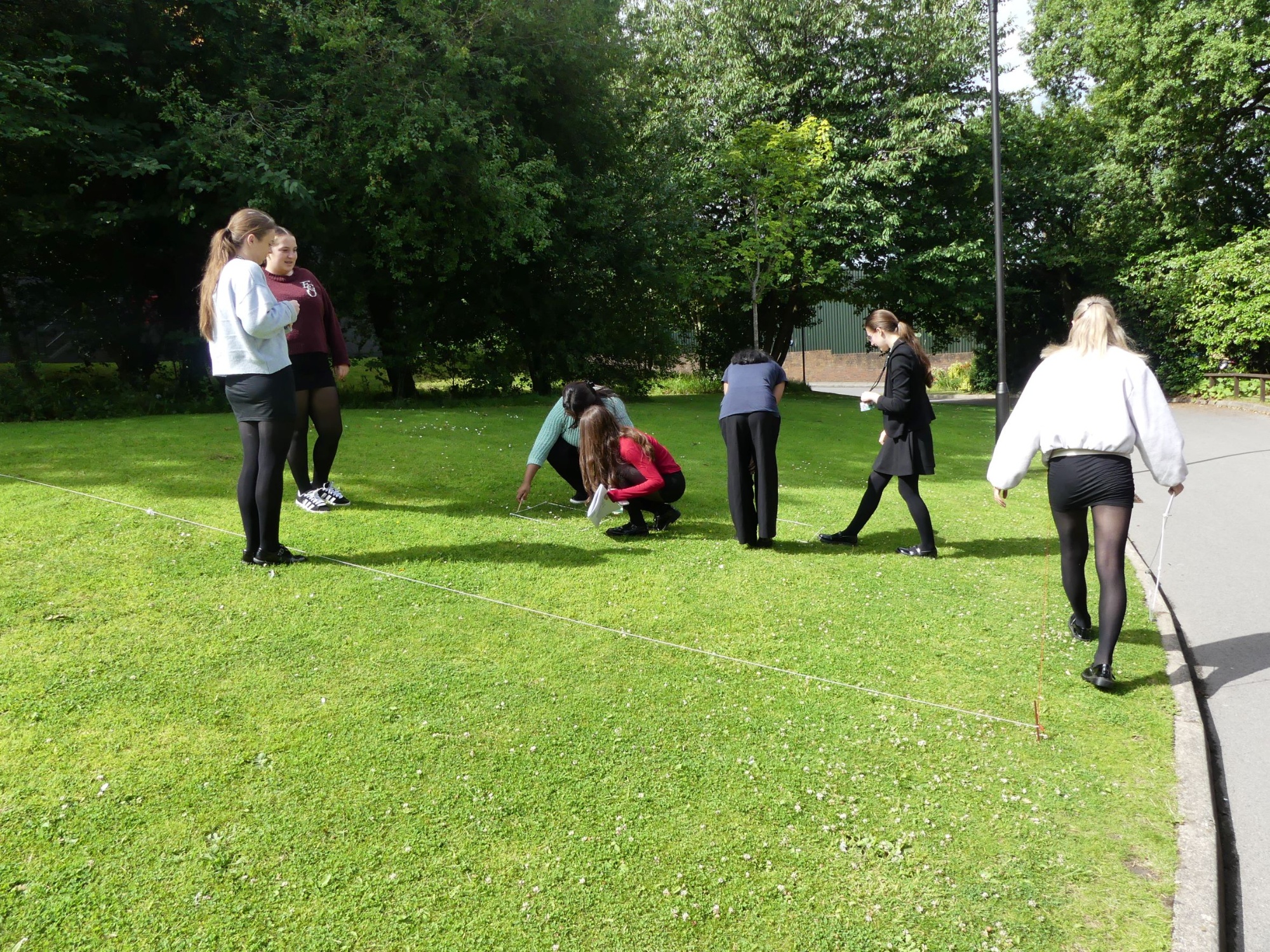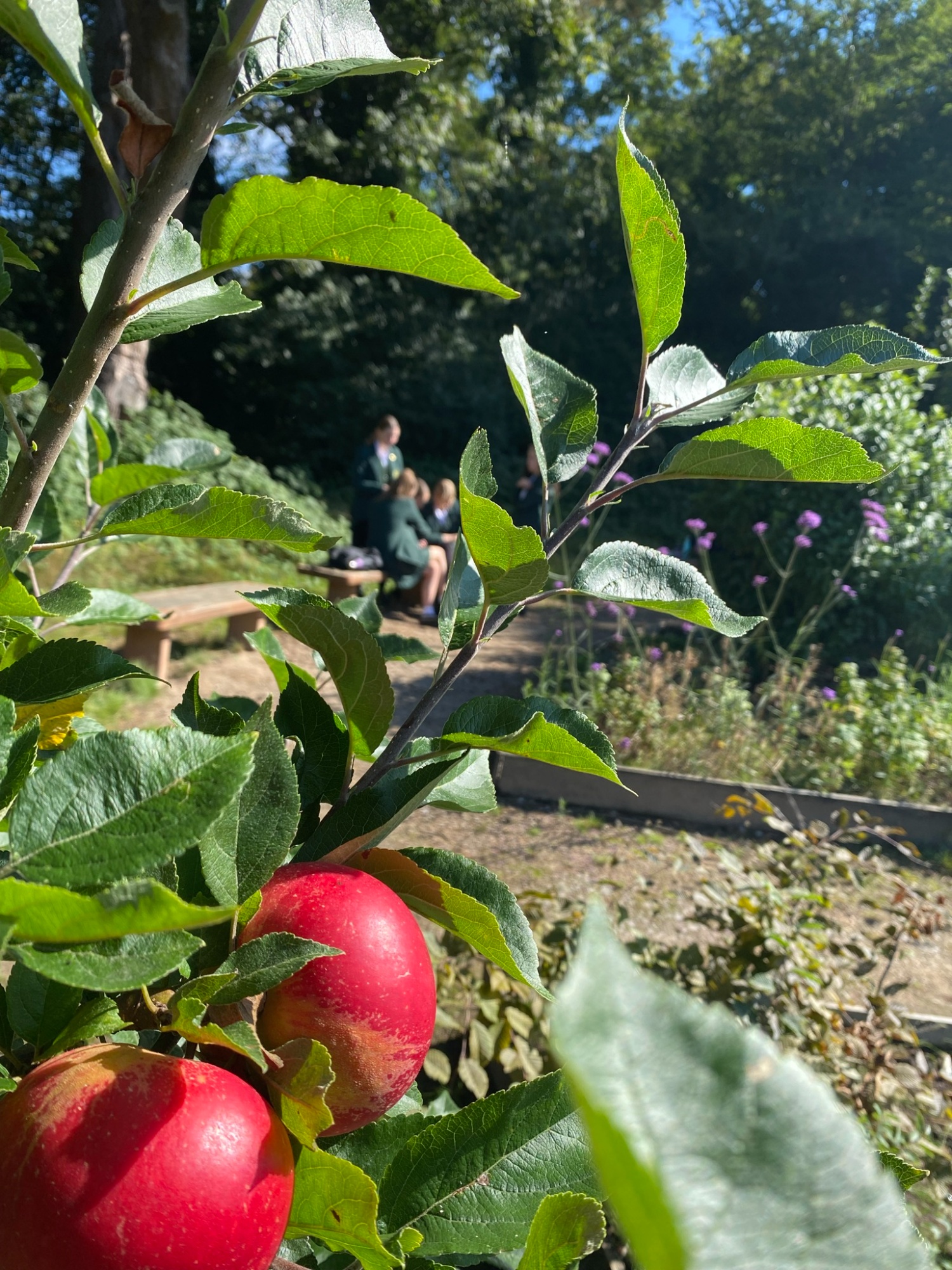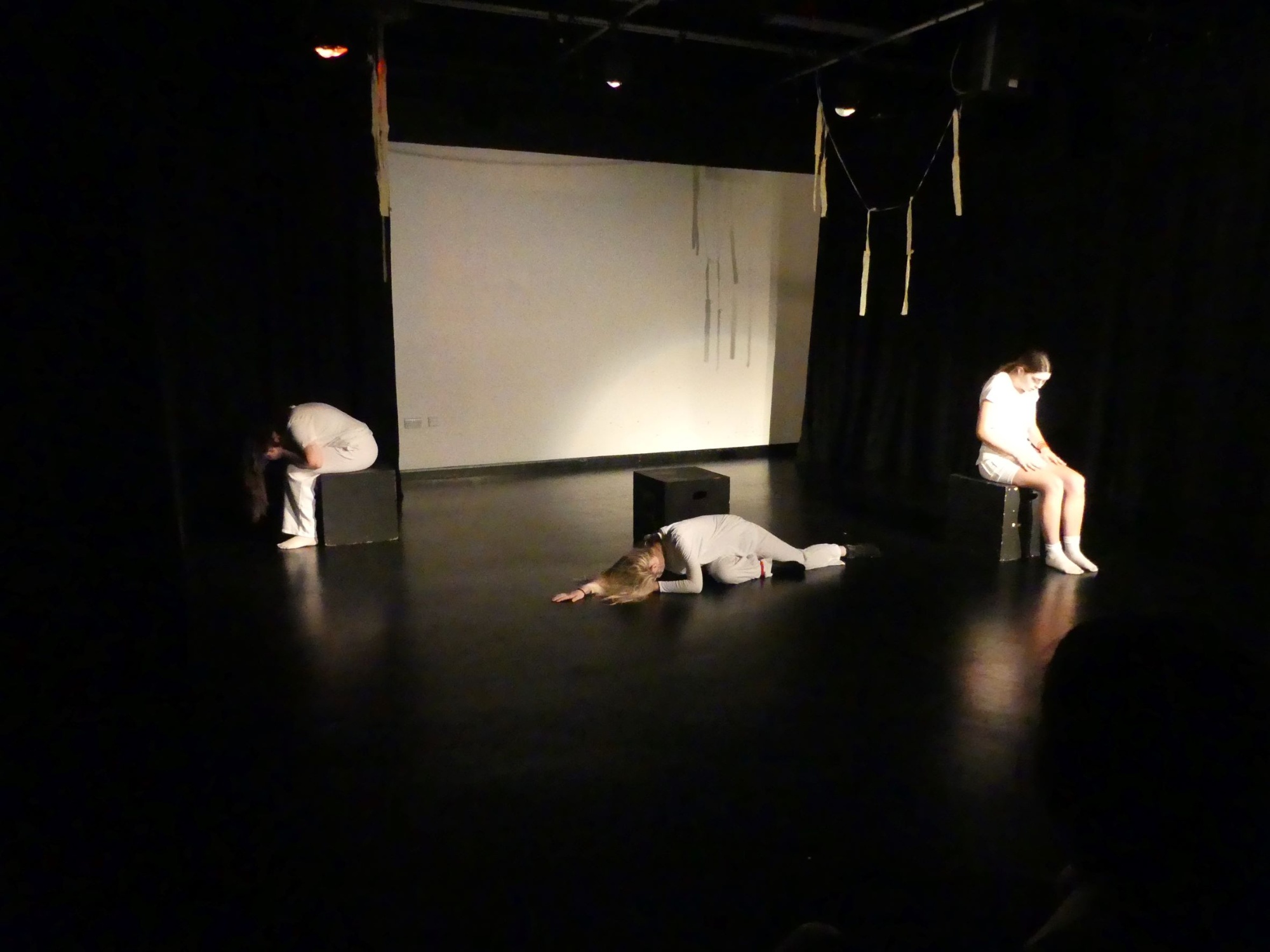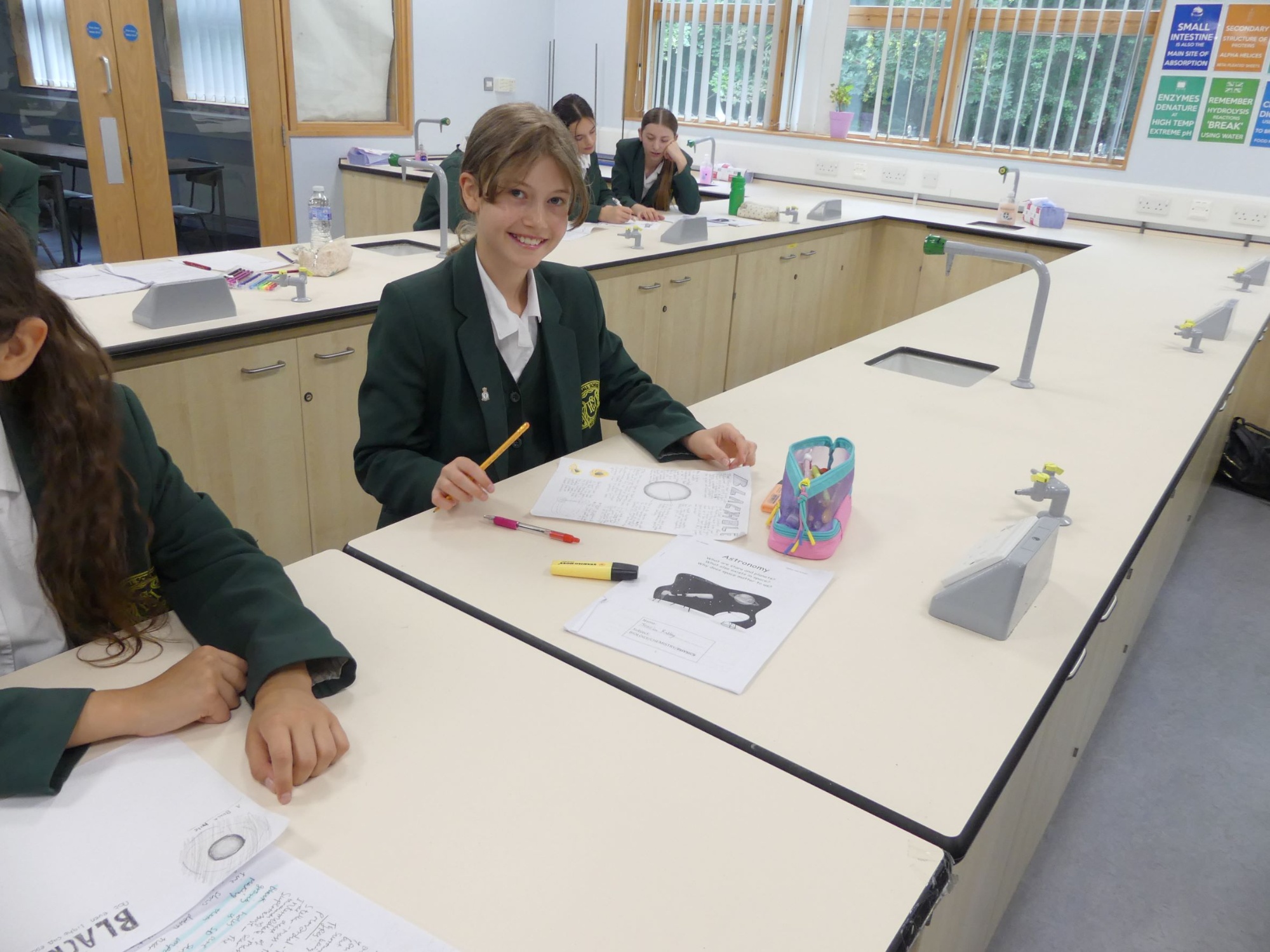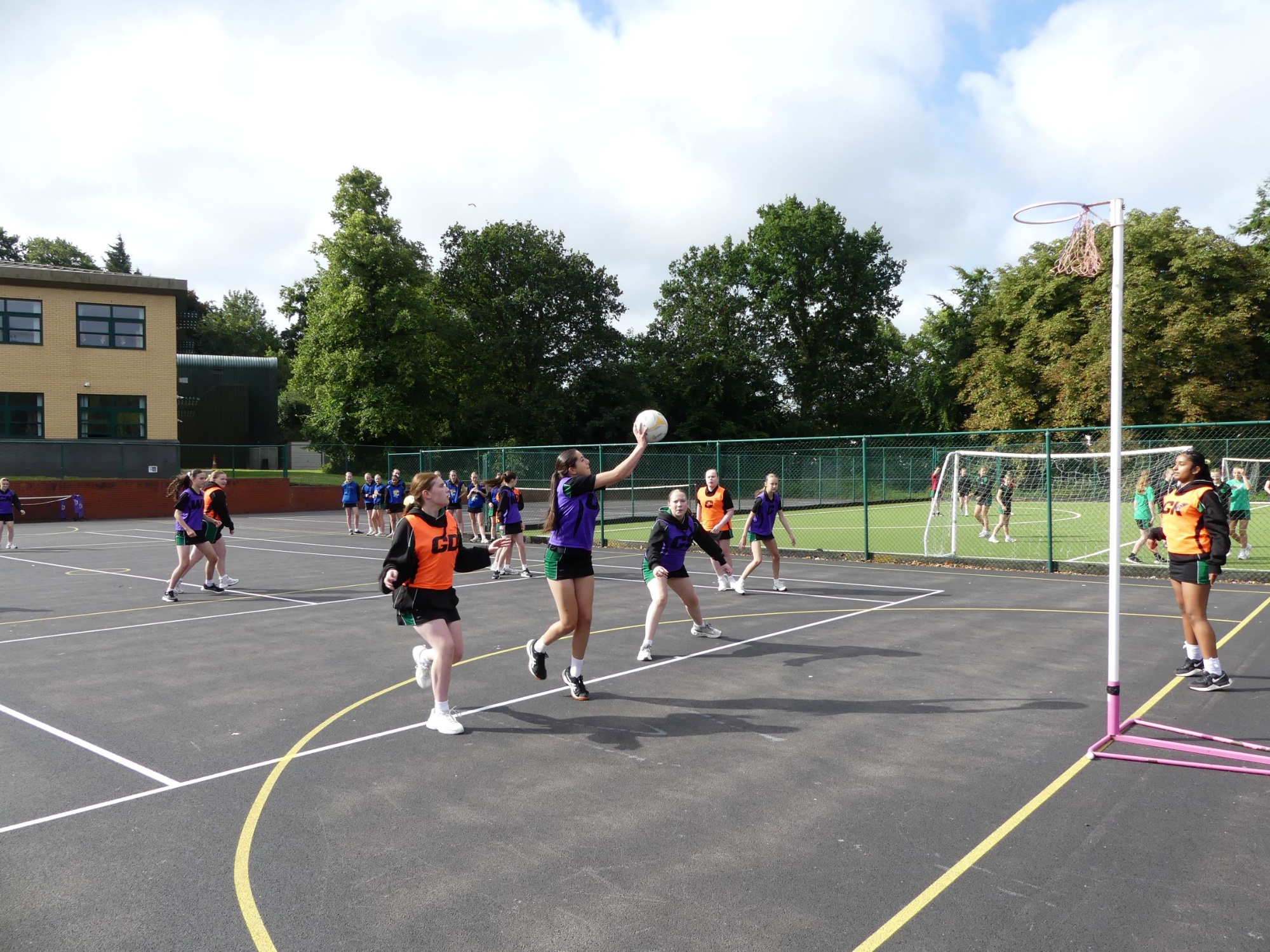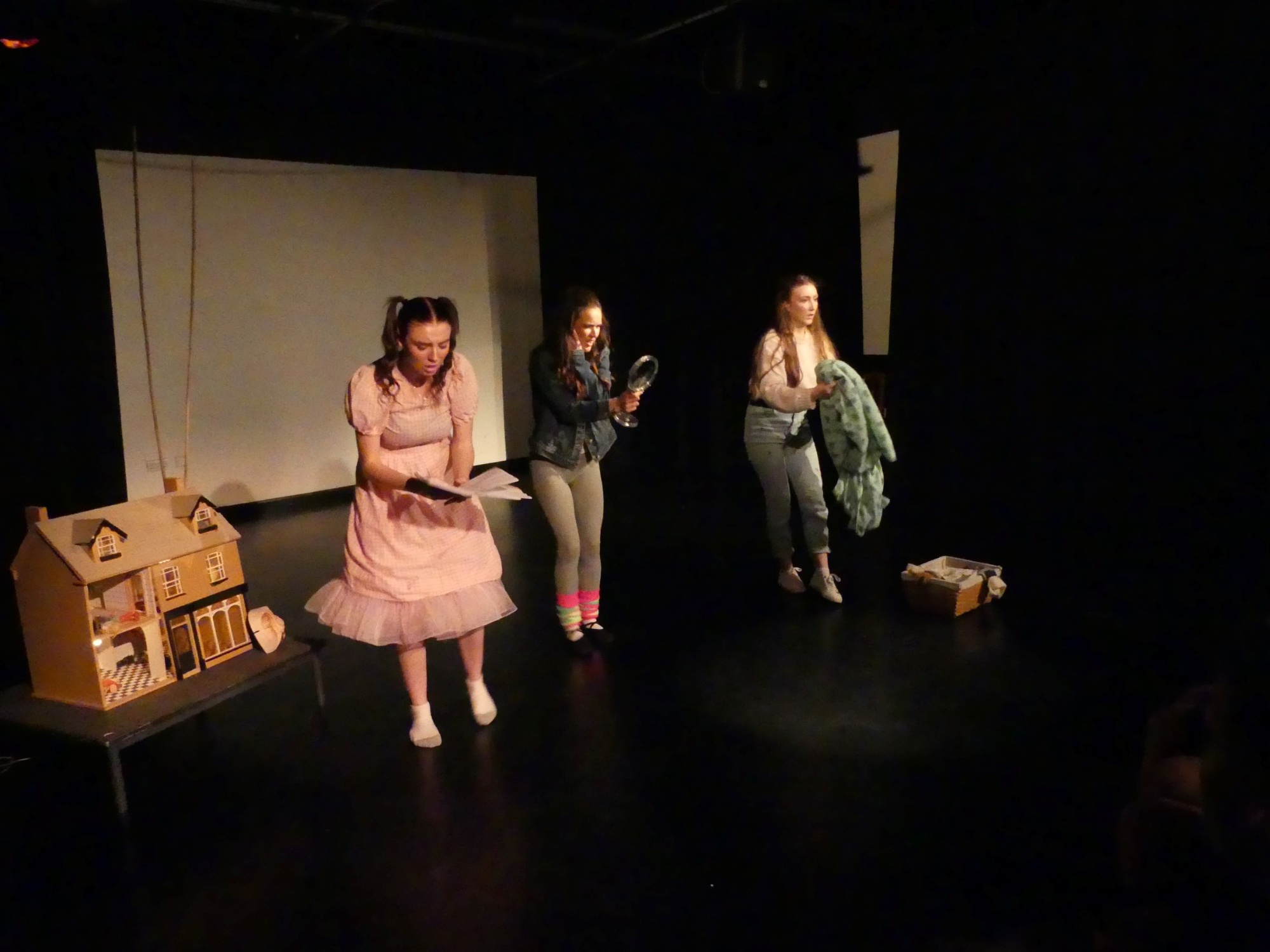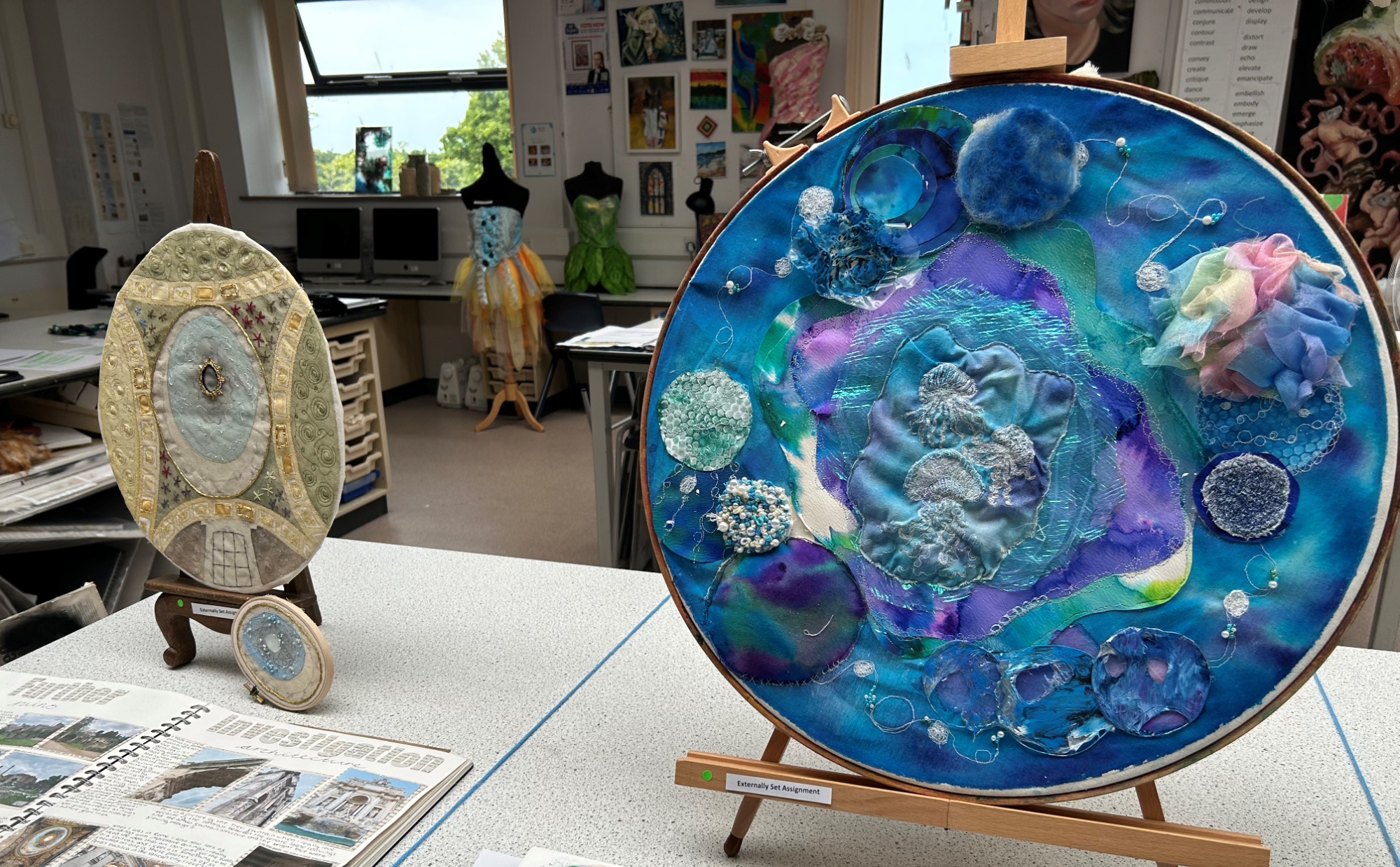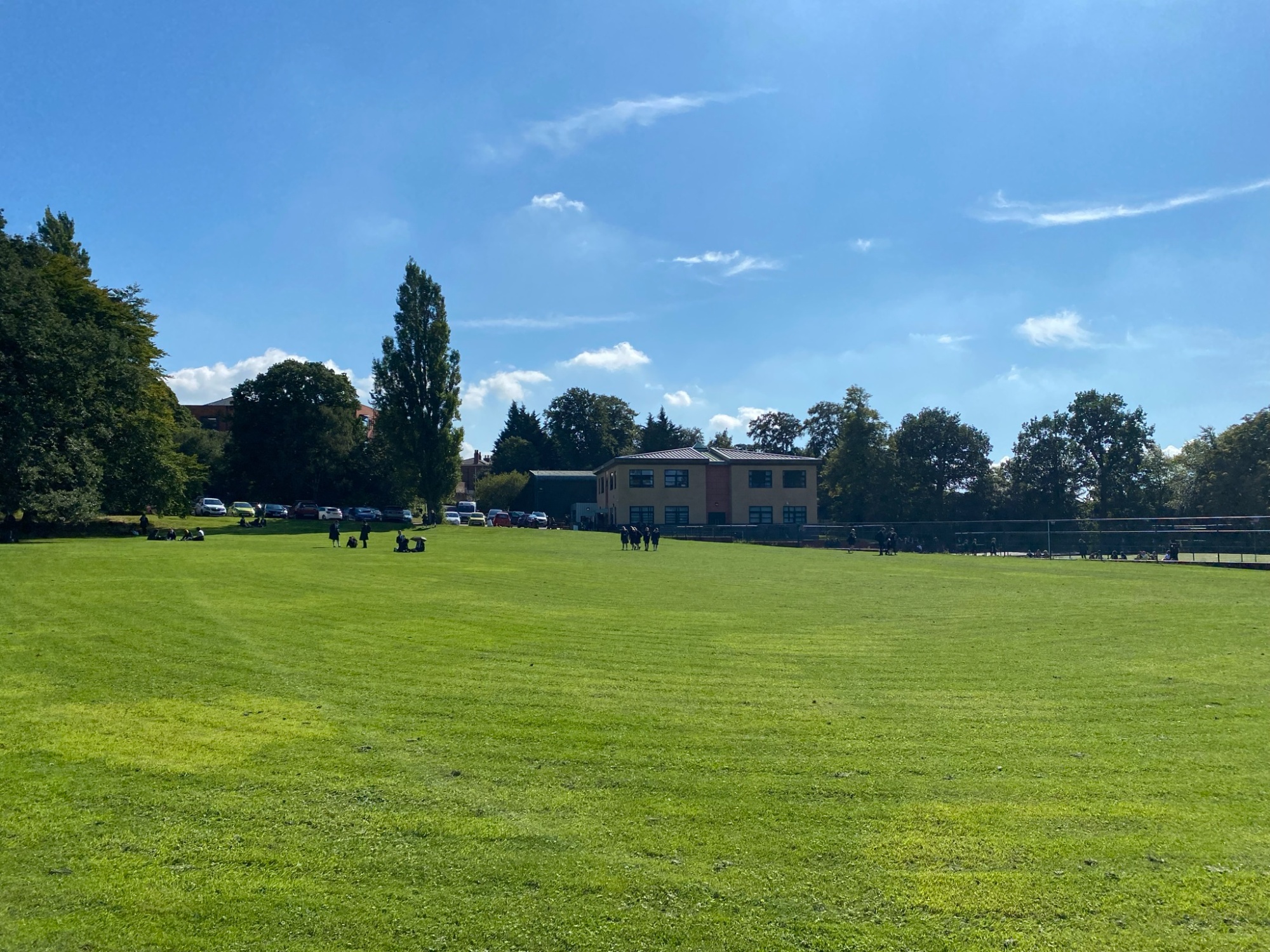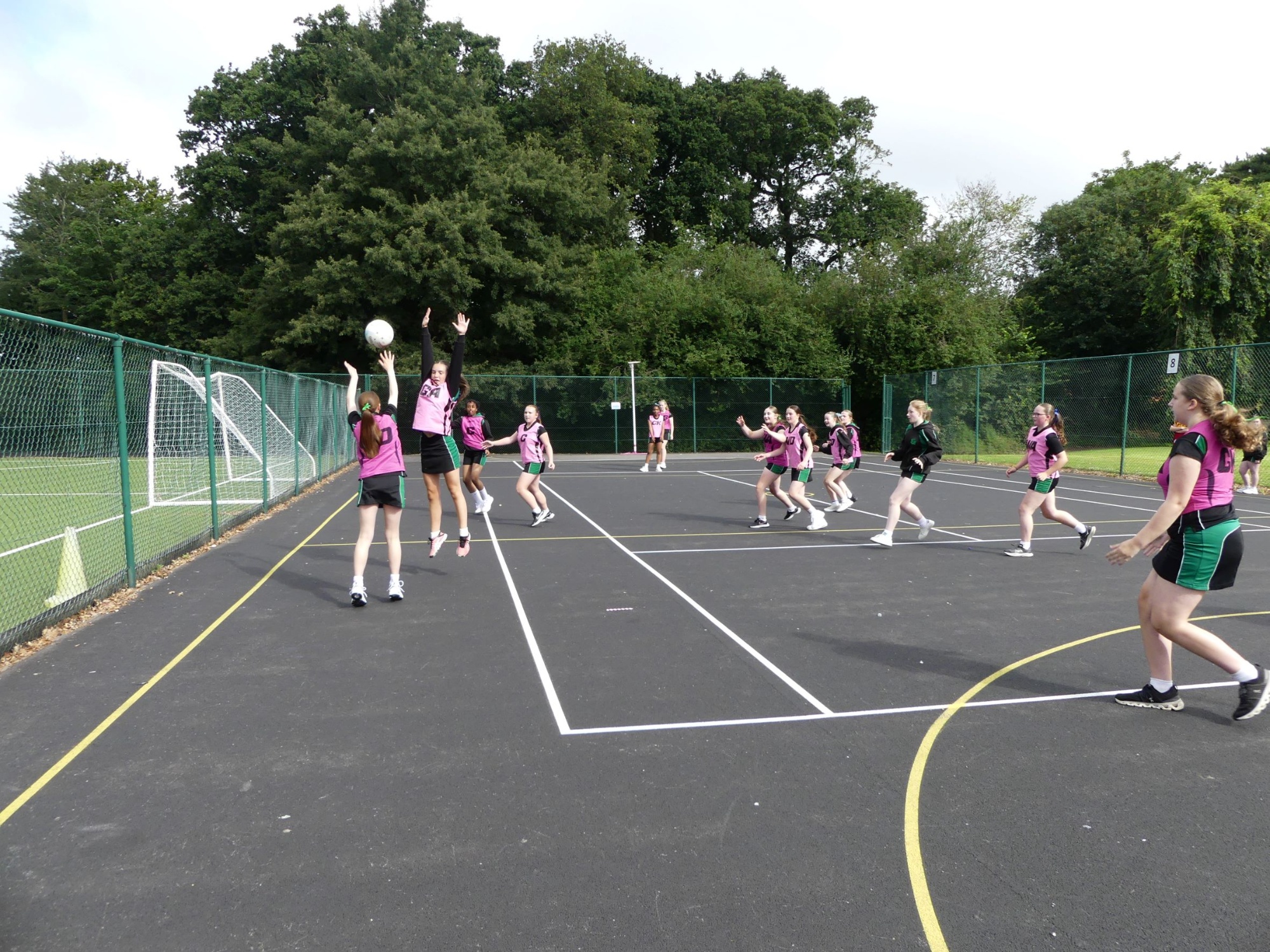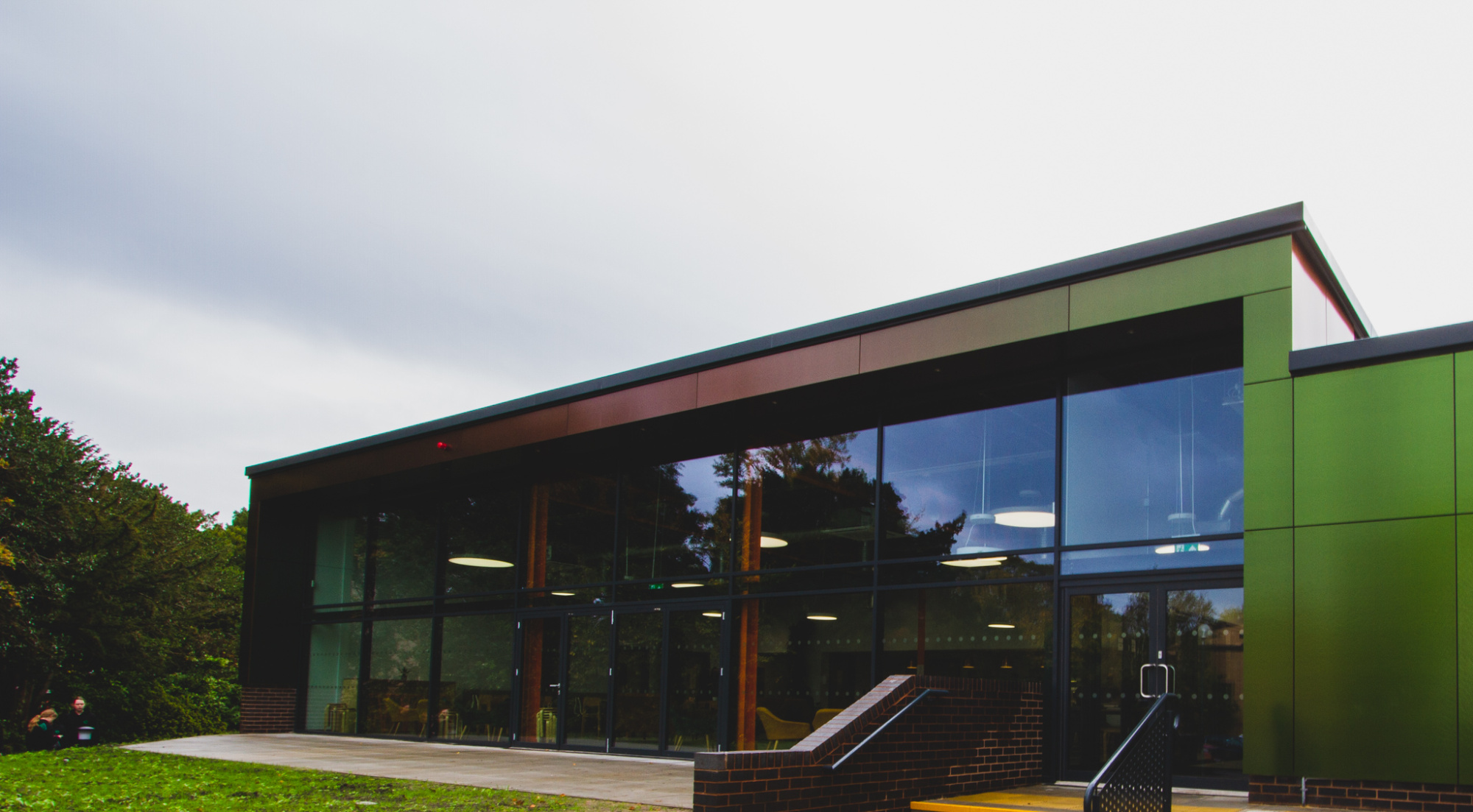Overview of Assessment
Assessment of Progress
We aim "high" to ensure that all of our pupils make outstanding progress We believe that by having high aspirations we are able to secure the best possible outcomes for our pupils.
Ability is not fixed or innate, and we firmly believe that ability can be enhanced through the adoption of a
growth mindset. Your daughter must work extremely hard in the knowledge that human qualities and intellectual skills are cultivated through hard work, effort and having the character to overcome setbacks and utilise constructive criticism. Your daughter must display tenacity and persistence when confronting challenges, see failure as a valuable part of the learning process and display a readiness and passion for learning and self‐improvement. She has the potential to grow and succeed, and in order to do this your daughter must take charge of her own learning. Your daughter has clear goals and aims, and must take the appropriate steps to make sure they happen. Some pupils may feel that meeting their targets is very difficult and it is important that we encourage them to be resilient. We must work in partnership with parents to ensure that we praise the effort that pupils make and celebrate achievements in all aspects of their work.
Assessment without Levels Following the removal of levels by the DfE, across all subjects at KS3, Upton has its own assessment processes.
In Years 7 & 8, pupils will be assessed regularly in all subject areas. Their assessments will take on a variety of formats including self, peer and teacher assessed tasks. After these assessments, the pupils will be categorised as ‘Excellent’, ‘Secure’ or ‘Developing’ in that particular topic. We will refer to these as grades. Some subjects have also chosen to provide parents with information about percentage scores alongside that of the year group. Our assessments will focus on the pupils’ developing skills. Their feedback following on from each assessment will
be formative and will be focussed on what they need to do to improve.
How will my daughter know which grade she is working at? In English and Mathematics, our pupils undergo literacy and numeracy screening on entry to Upton Hall. Parents will receive information about how they did in these tests and you will be given some strategies to support them to progress from there. In all subjects your daughter will regularly discuss which grade she is working at and this information can also be found in her exercise books. She should be able to describe her grade and will know what she needs to do in order to progress. Your daughter will have opportunities to act upon advice received and if she is unsure of her current grade or what she needs to do in order to progress she should speak to her subject teacher.
What happens if my daughter isn't making the progress that we would expect? If your daughter is not making expected progress, we will ensure that she is provided with the opportunities to improve. Intervention happens predominantly in the classroom, but staff may also offer additional support which takes place outside of lessons, uses student mentors or requires attendance at a study group. If your daughter is receiving extra intervention, it will be indicated on her progress report. Information will also be available through annual reports and at parents’ evenings. It is really important that as parents, you discuss the information with your daughter as it is often helpful for pupils to verbalise how they are progressing.
In order for pupils to make outstanding progress, there must be rigorous and meaningful assessment in place. This can be used to inform pupils exactly how they can improve their work thereby encouraging them to become more actively involved in the process.
There are various forms of assessment. The main two are formative and summative assessment.
Formative assessment takes place in every lesson and reshapes learning and teaching as it provides regular and meaningful feedback both to the teacher and the learner. This feedback can be through various different methods such as: discussion, written work, self or peer assessment or through formative testing. Pupils/students are regularly involved in formative assessment and through their time at the school will develop skills to help them to assess their work and set challenging targets for improvement. Teachers will also provide pupils/students with meaningful formative assessment comments which will include clear targets for improvement (that the student should act upon) and also celebrate areas of strength.
It is therefore our aim that each pupil/student will be able to identify what they are doing well and what they must do to further improve within each subject.
Summative assessments are used for a number of purposes and once again, these assessments are used (where possible) to enable both teachers and pupils/students to develop next steps for learning.
When are these reported to parents?
The results of summative assessments are reported to parents at specific points during the academic year and key dates are published on the school’s calendar.
What is my role as a parent?
We encourage you to engage in a dialogue together about current progress within each subject, current attainment and next steps to improve.
If there are concerns about progress within particular subject areas, we will contact you. However, if you are concerned, then please do contact us.

